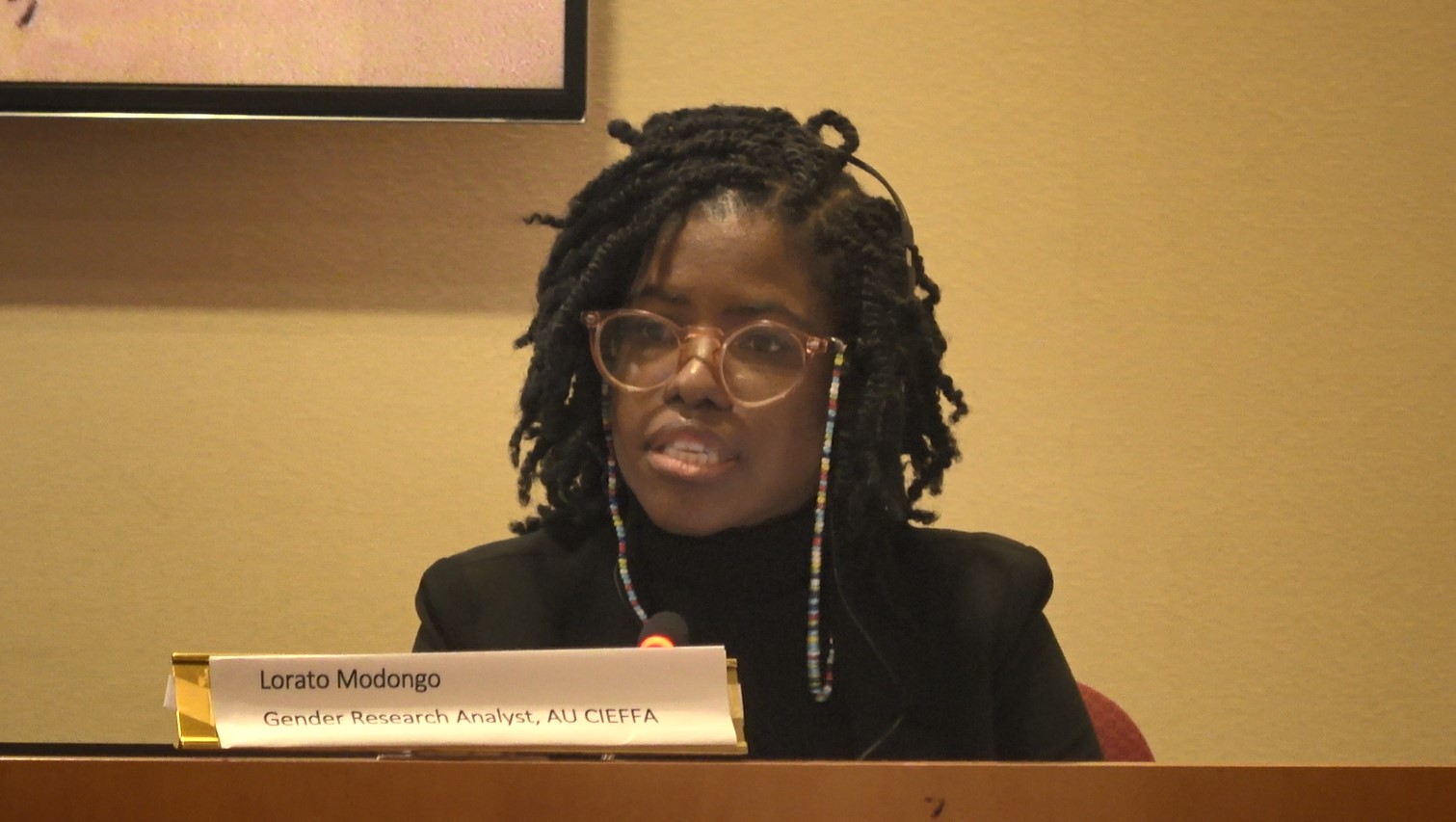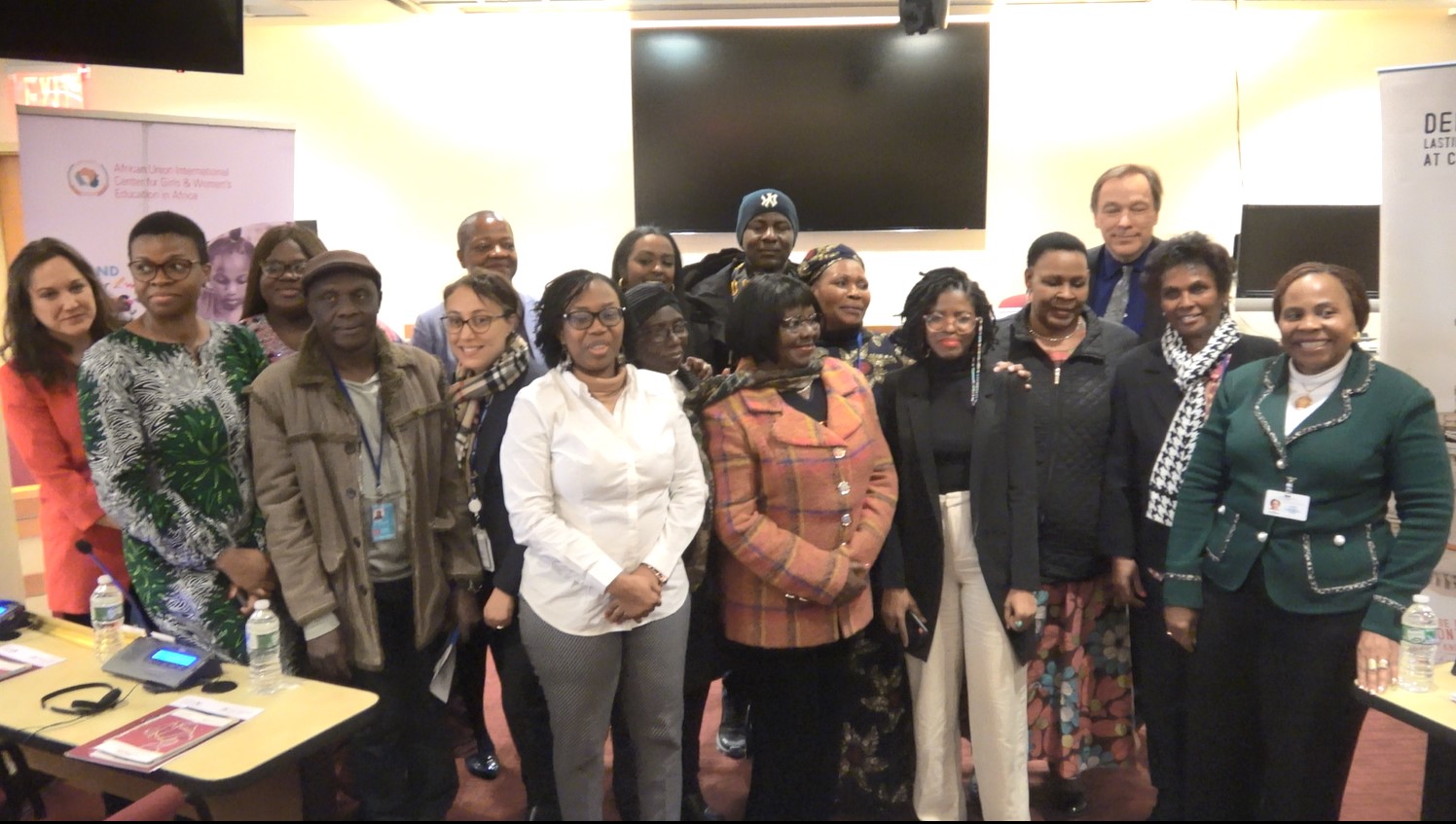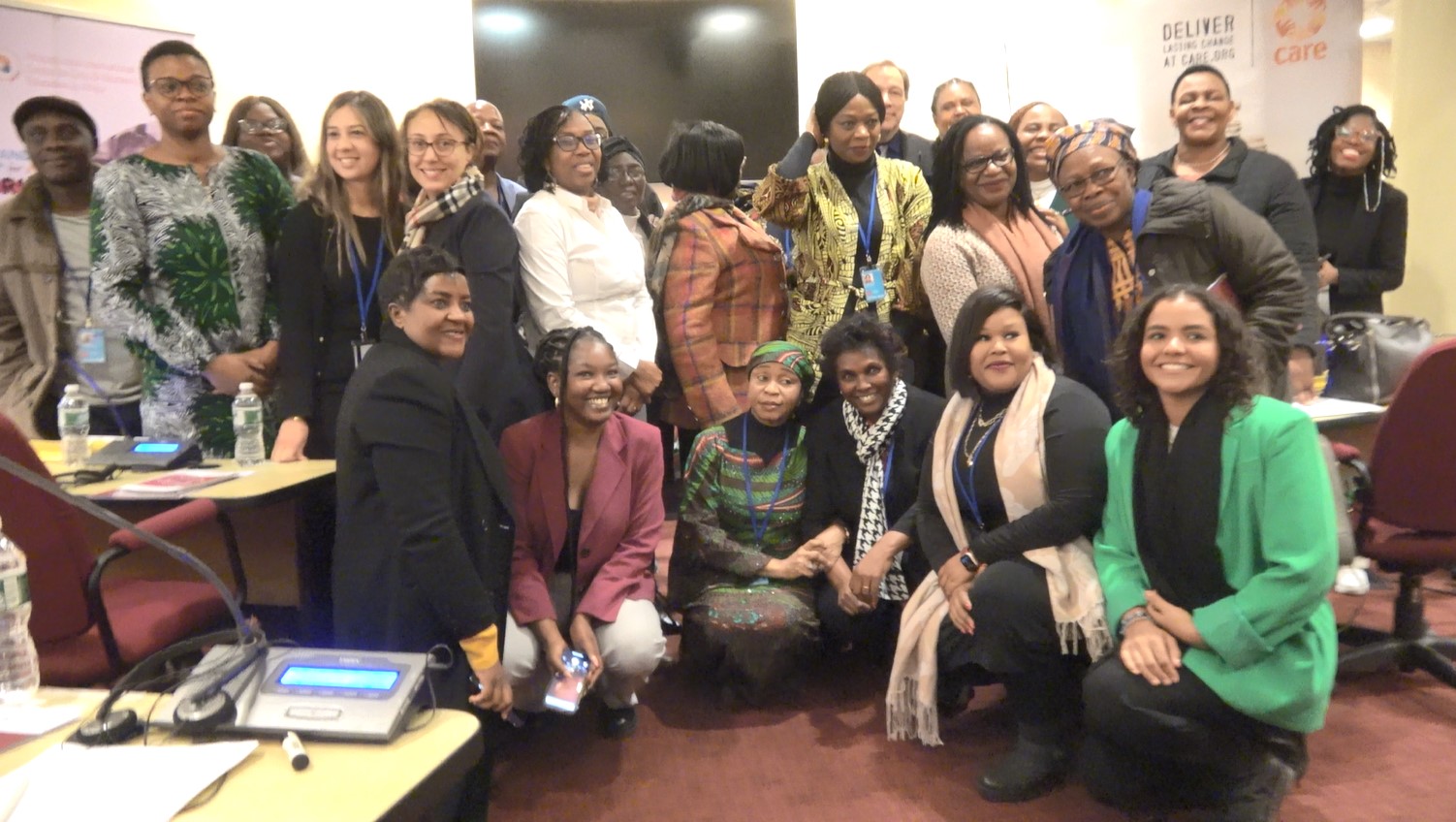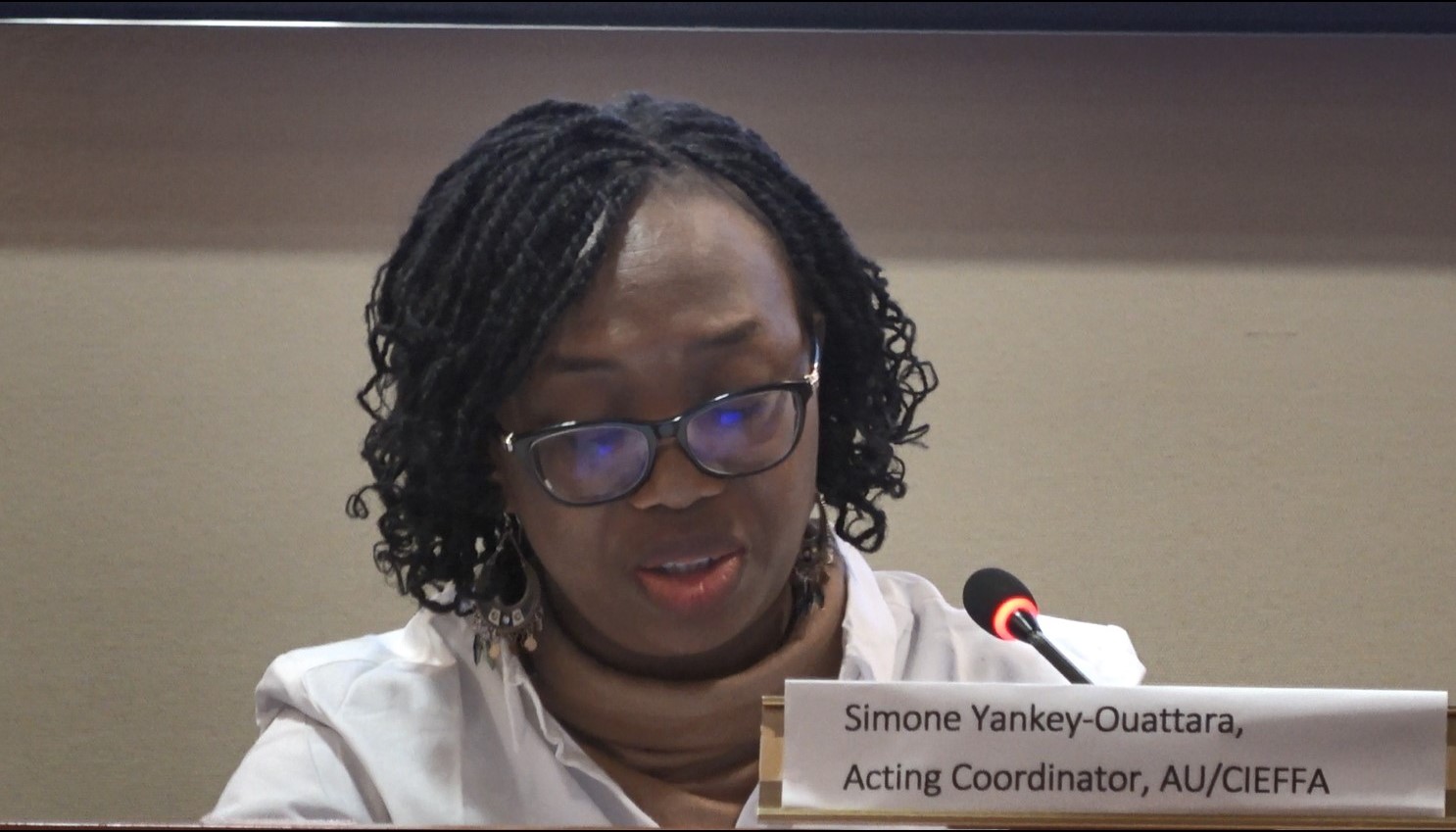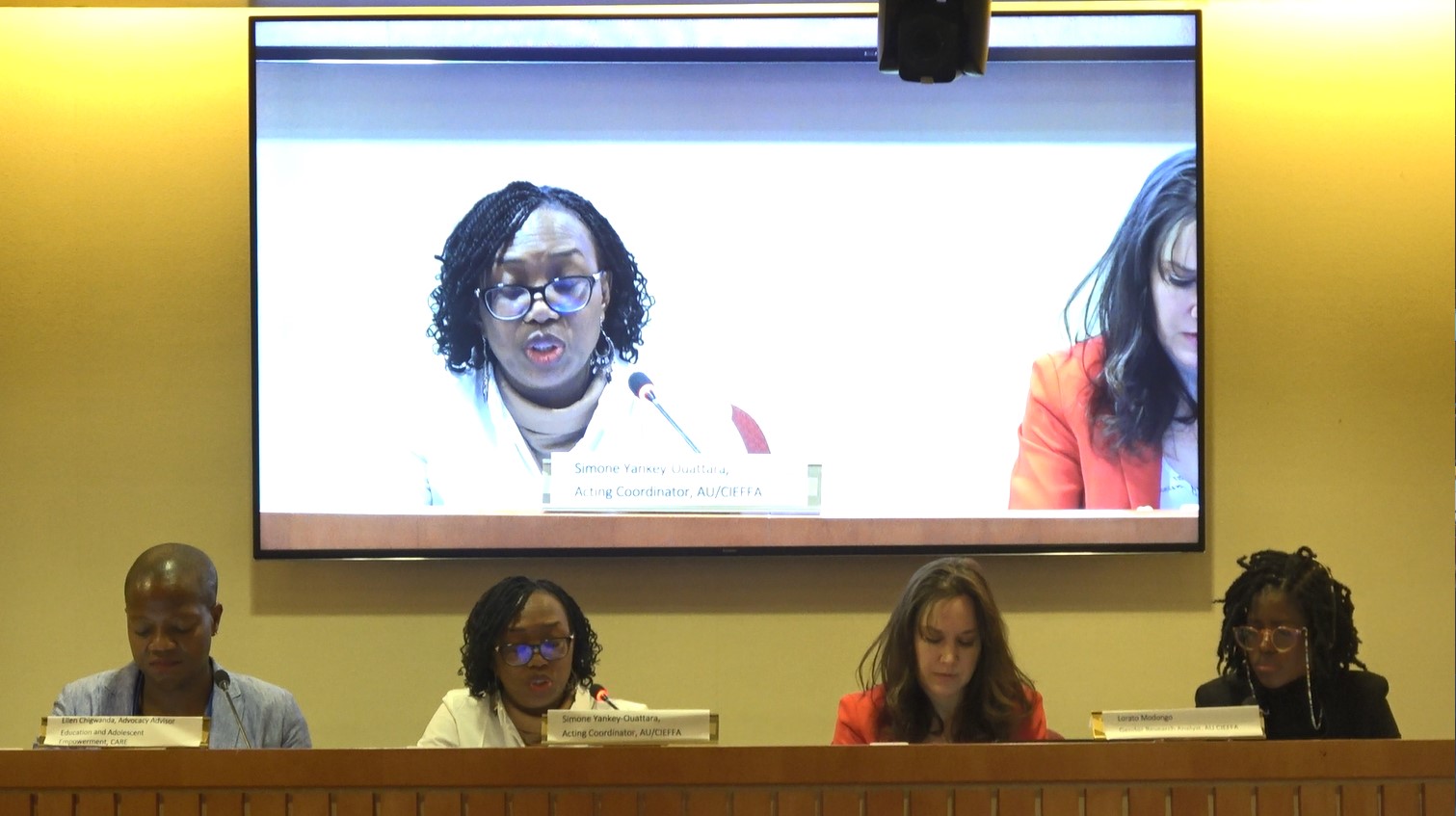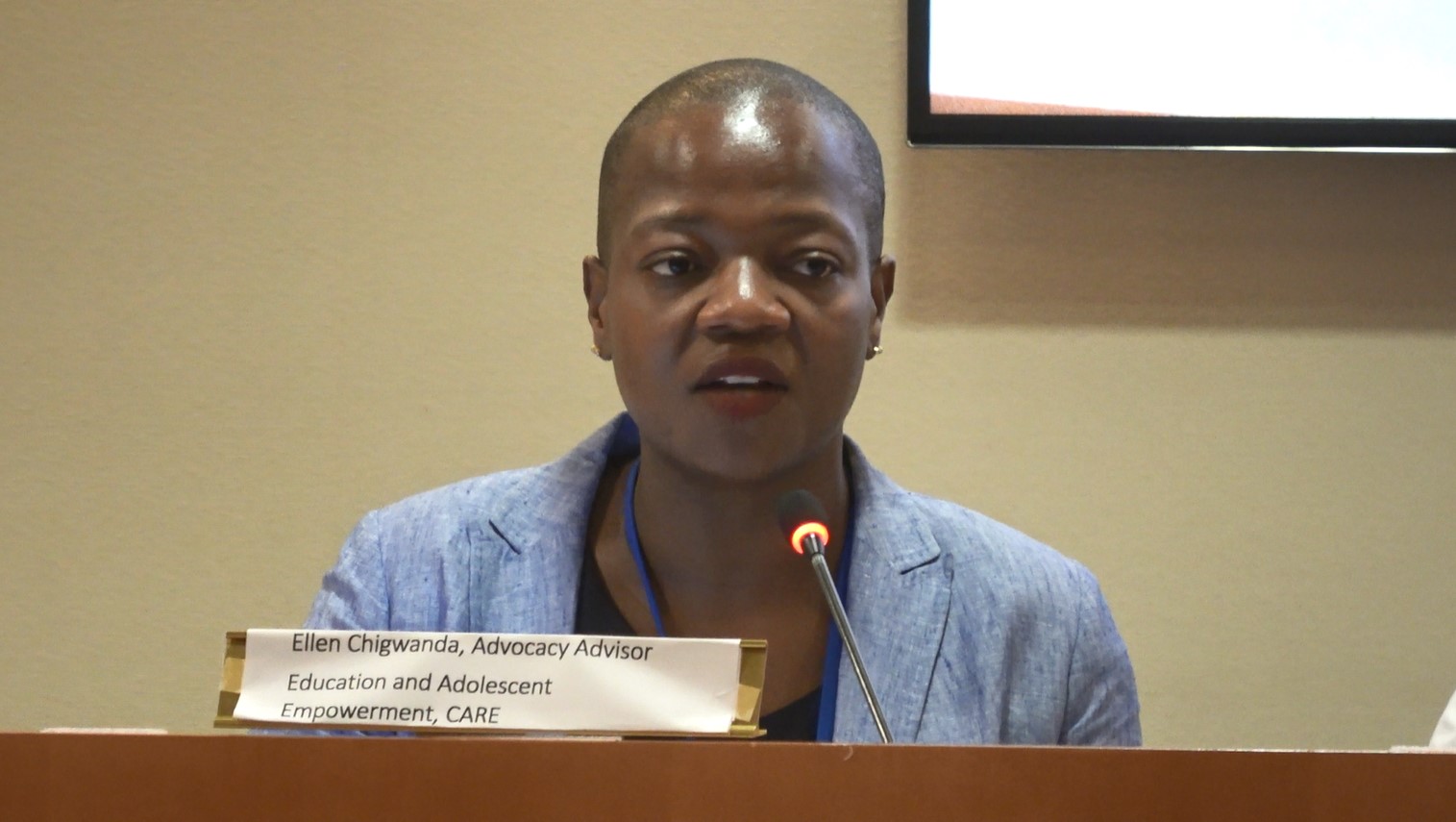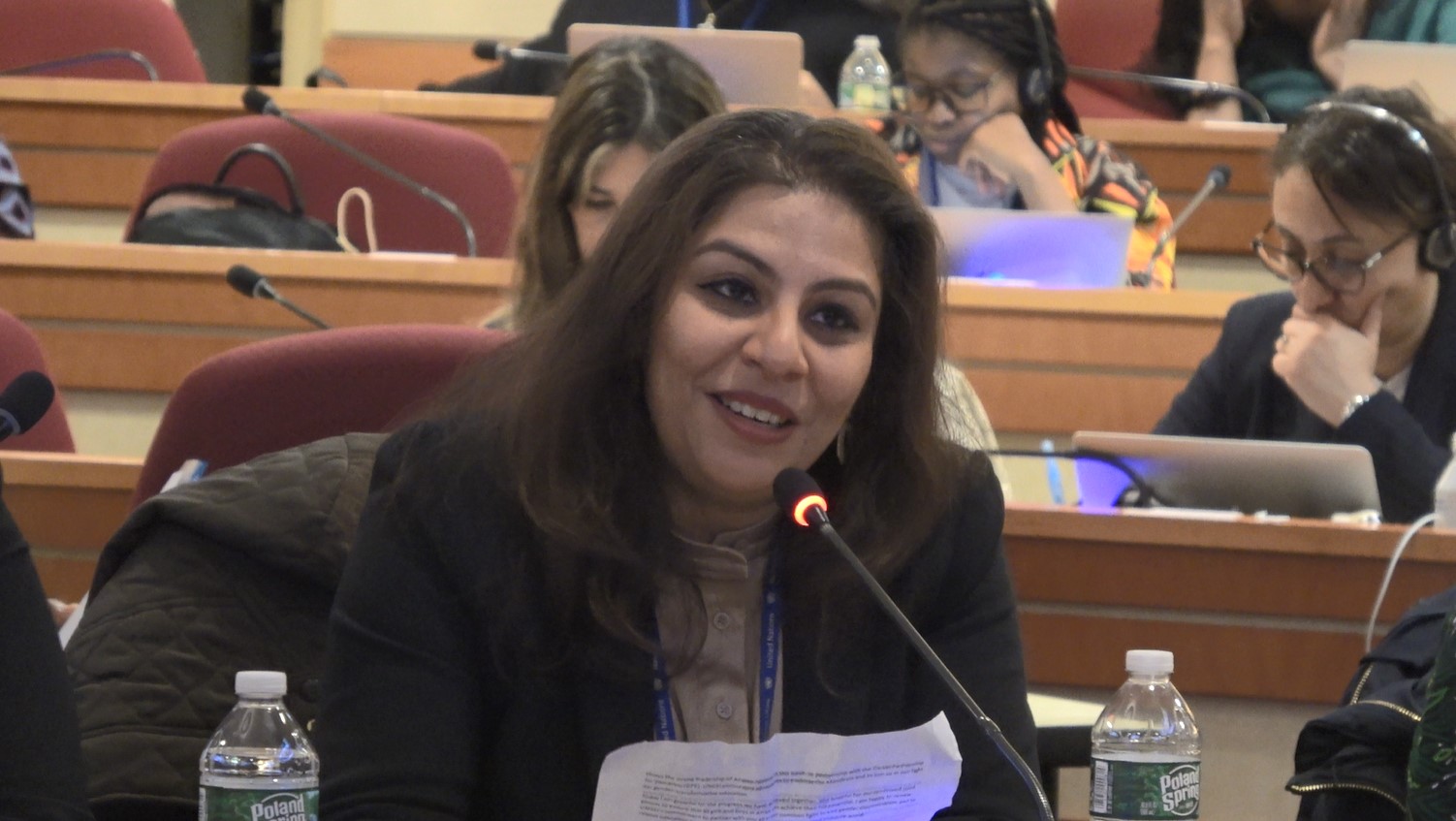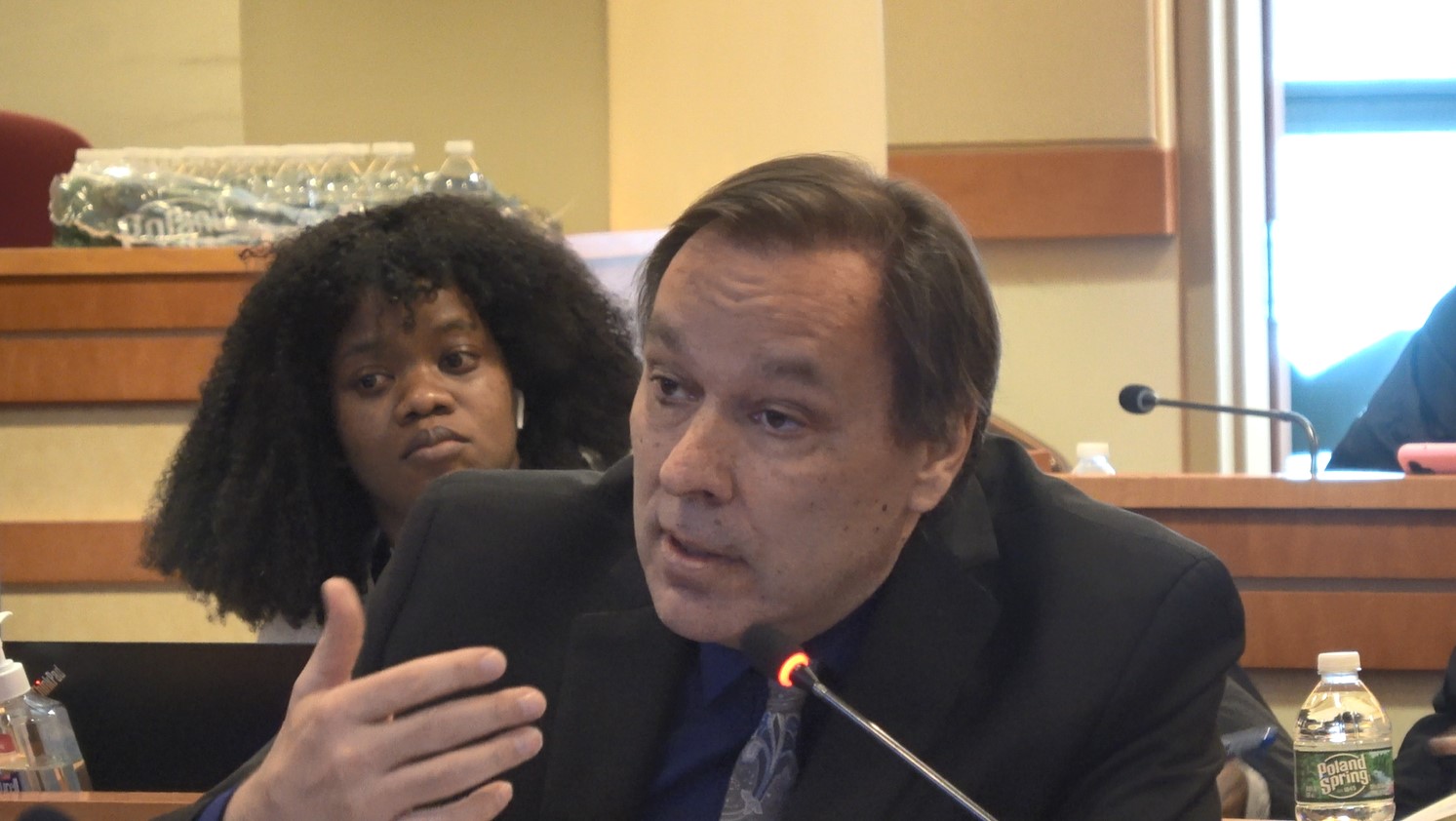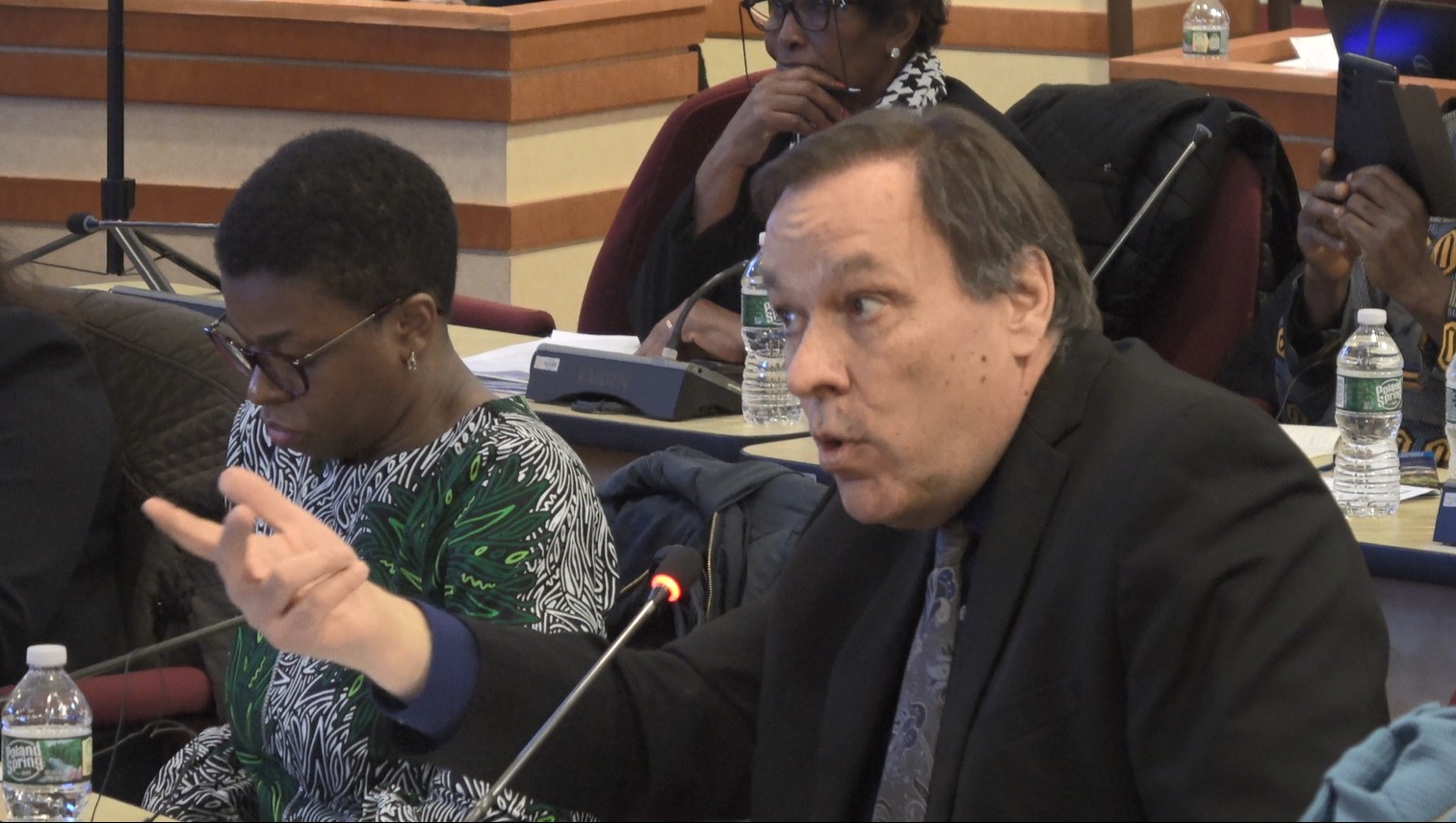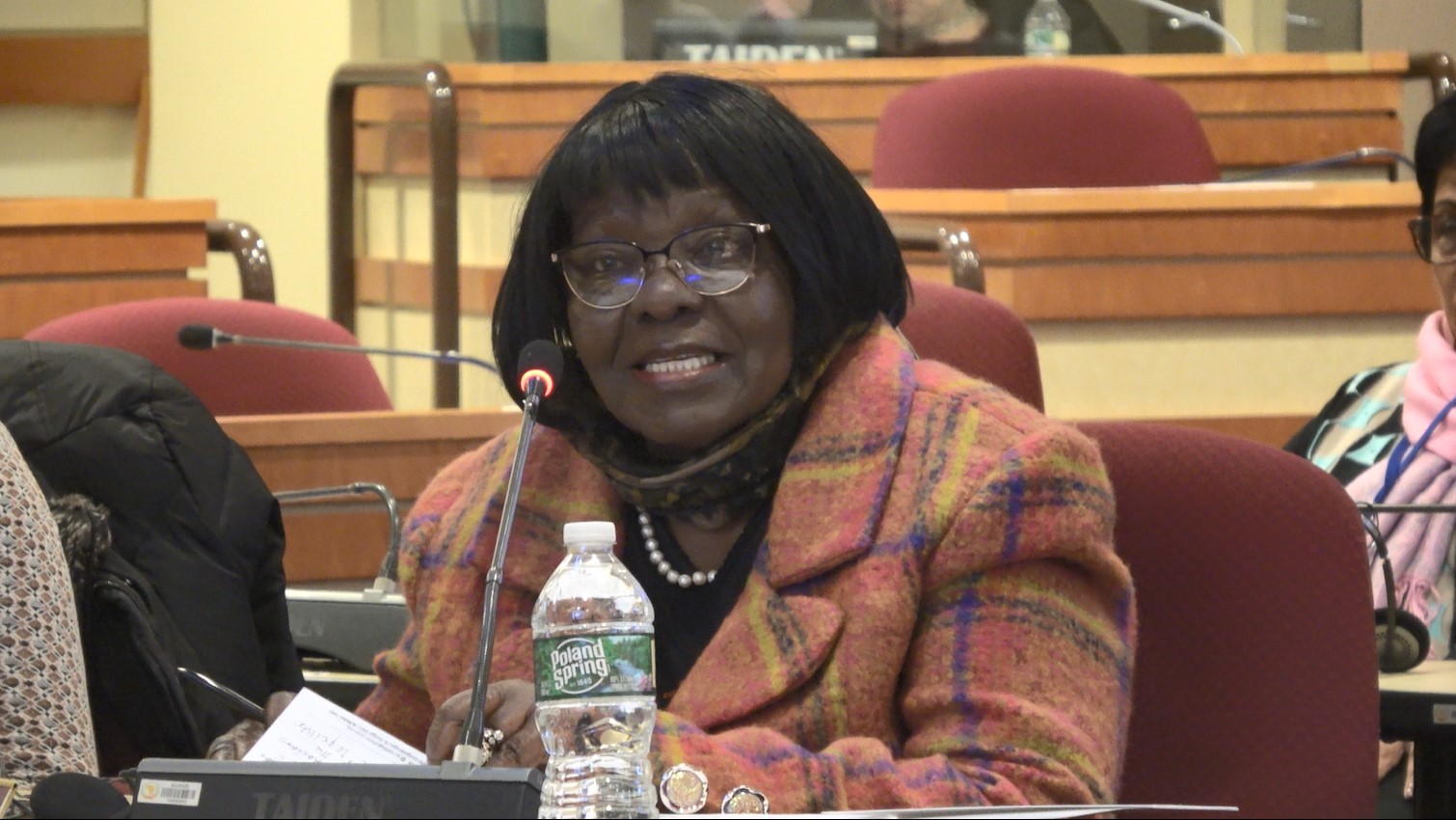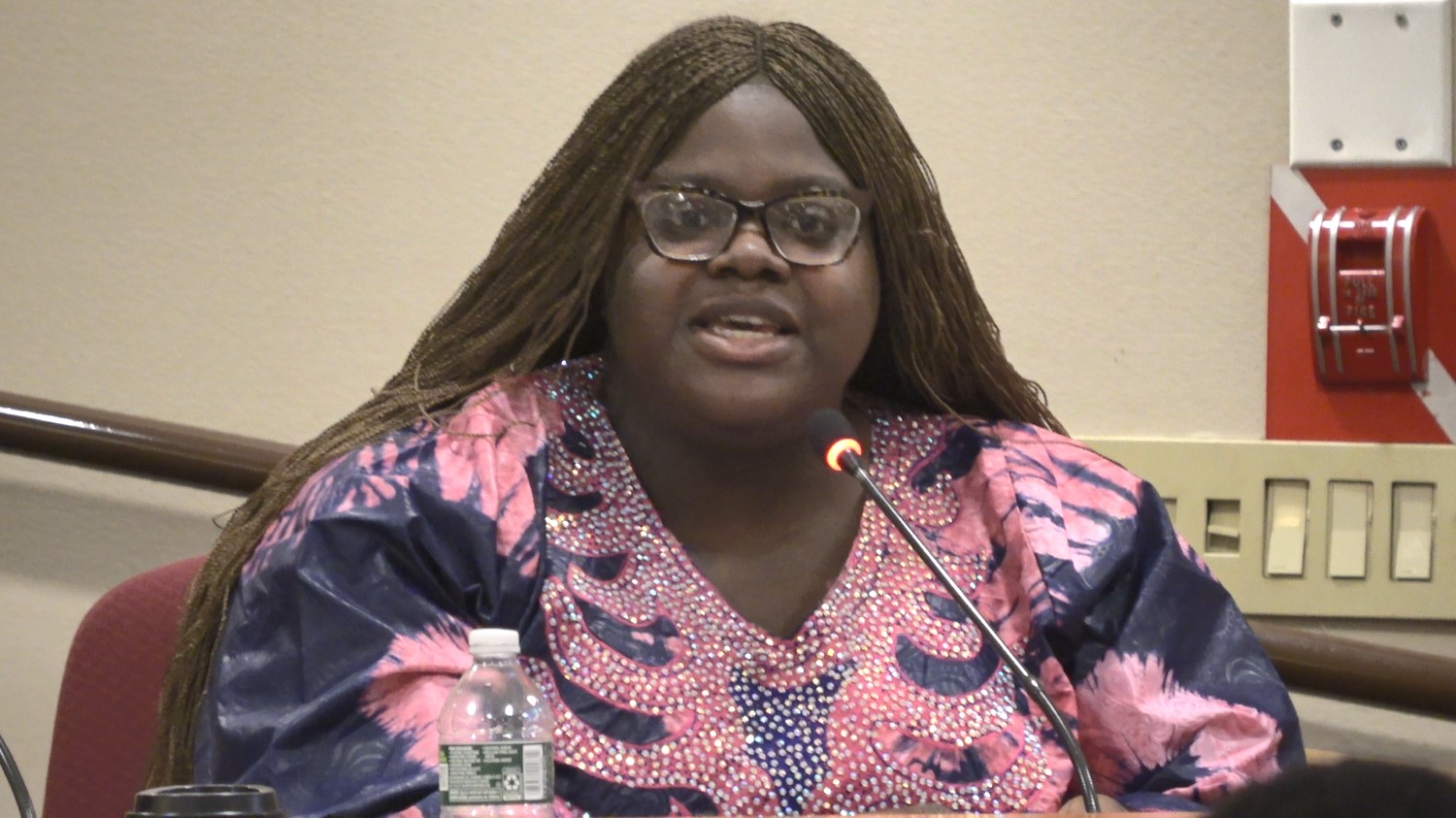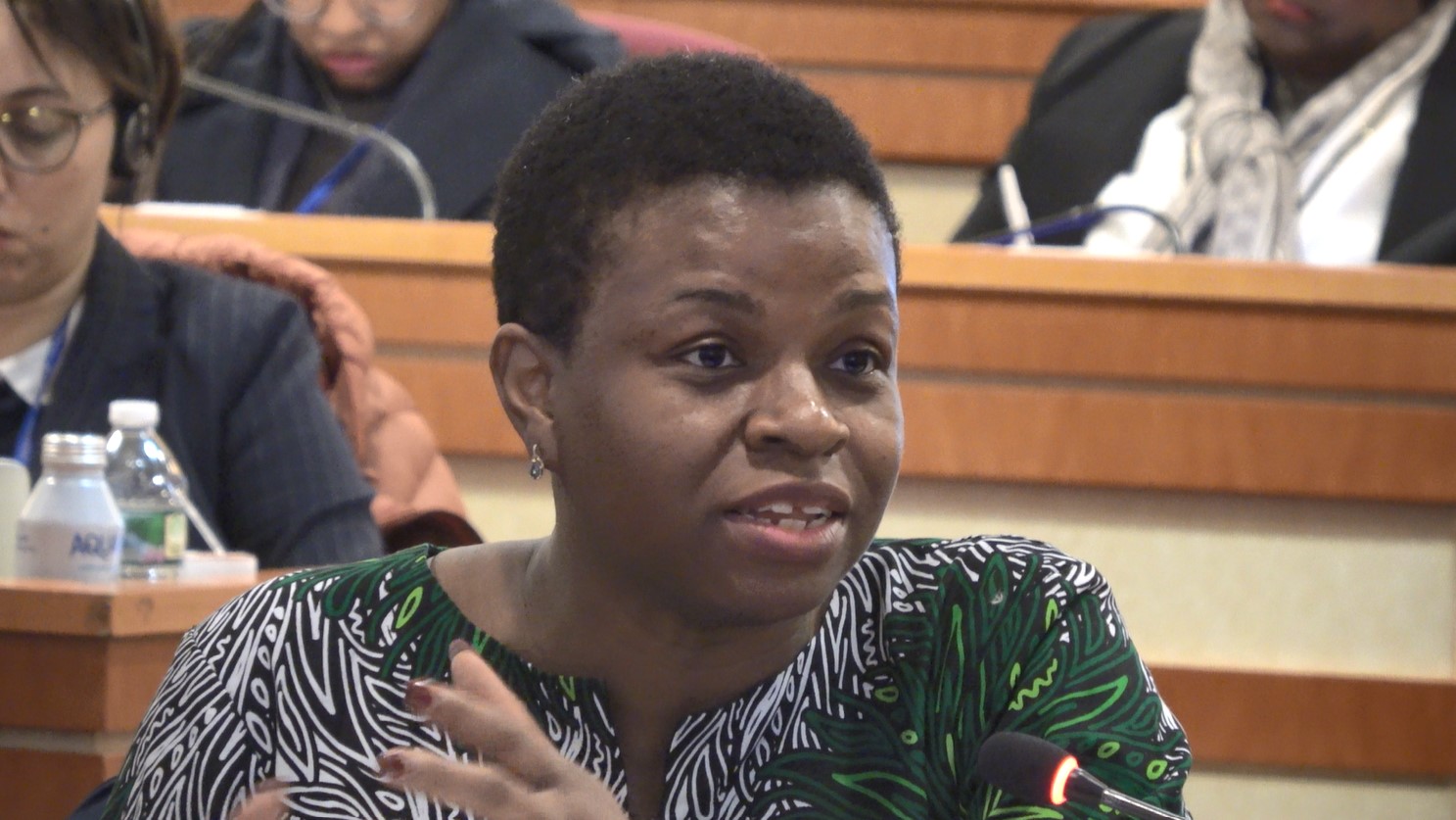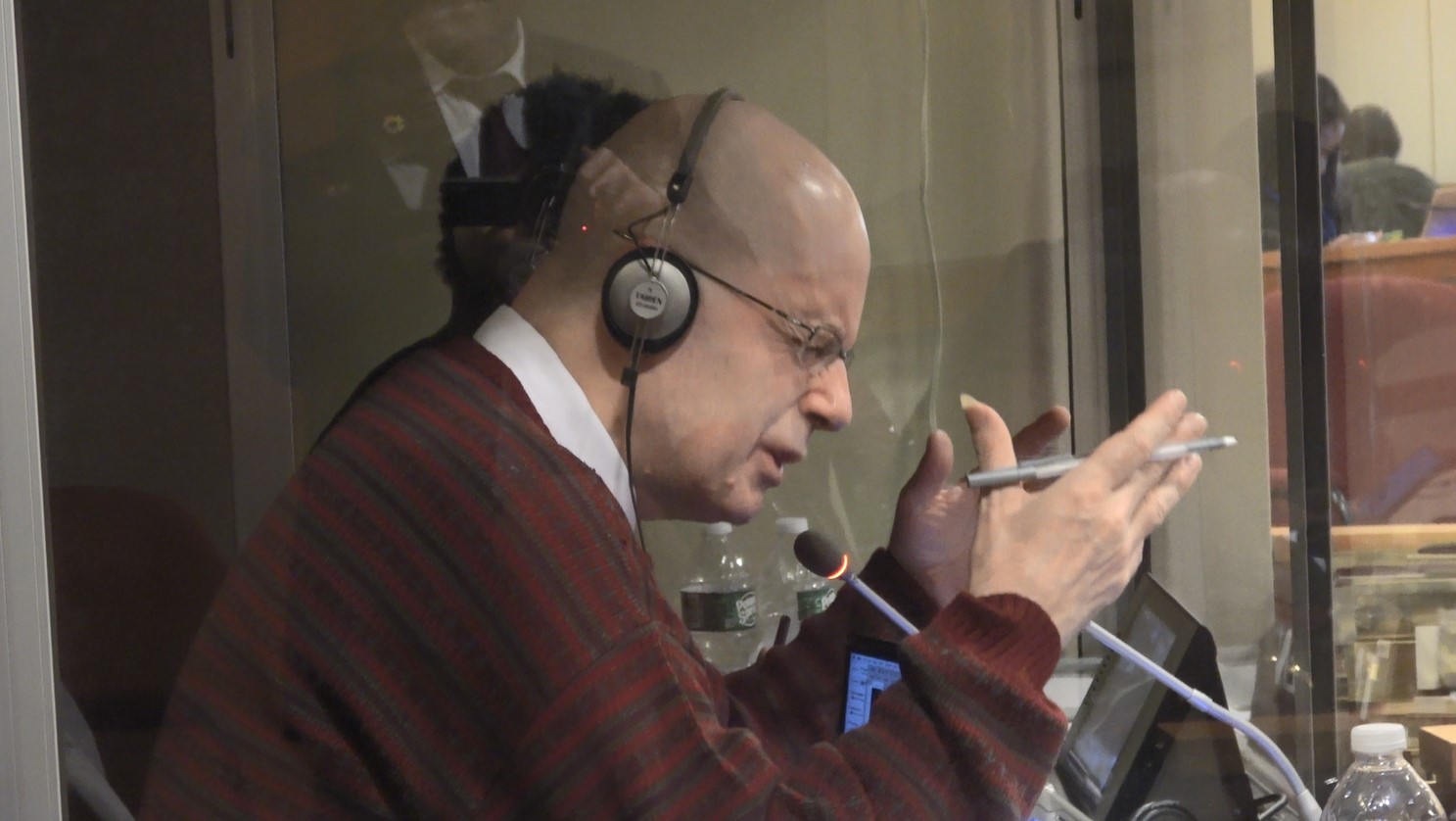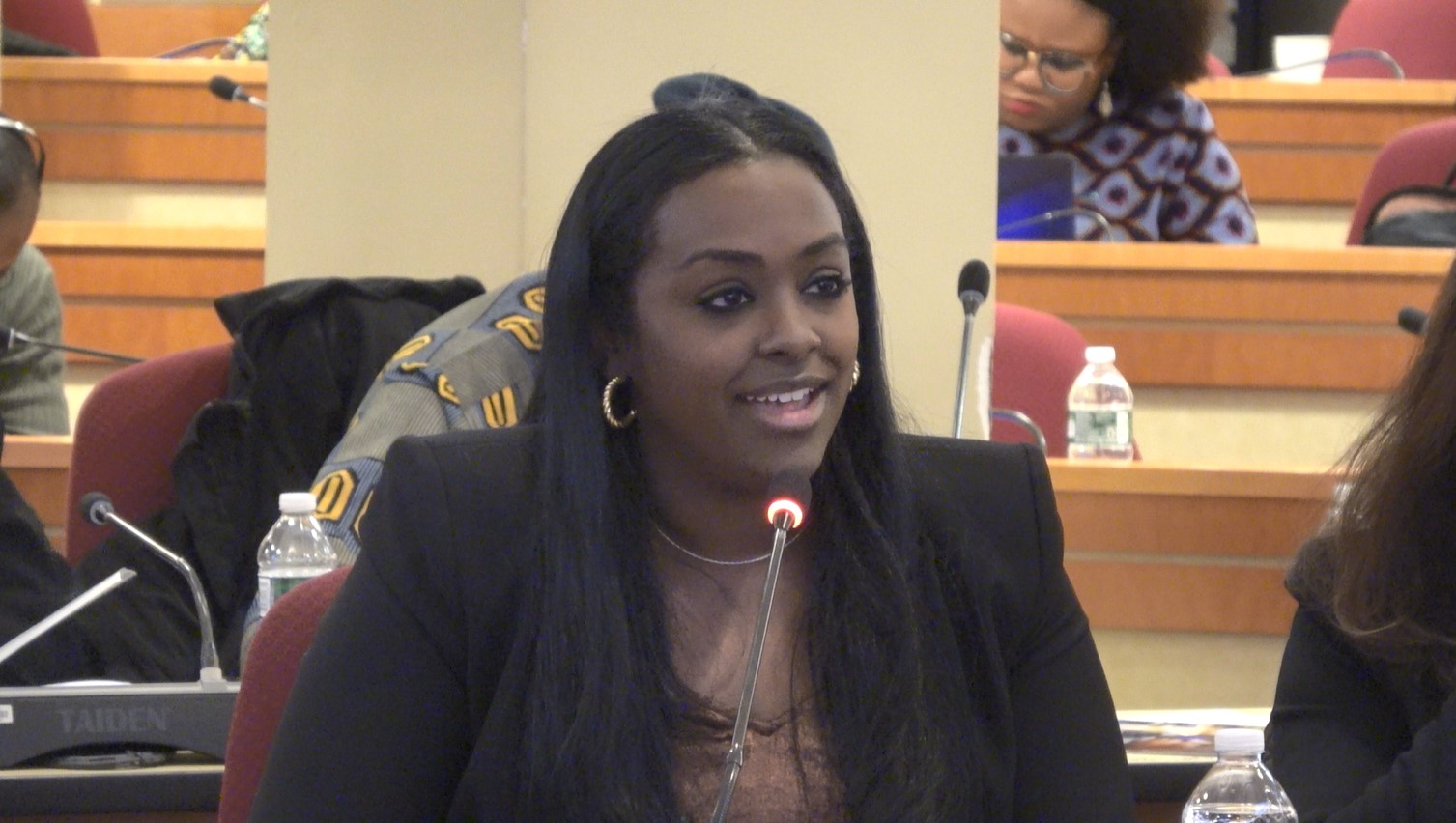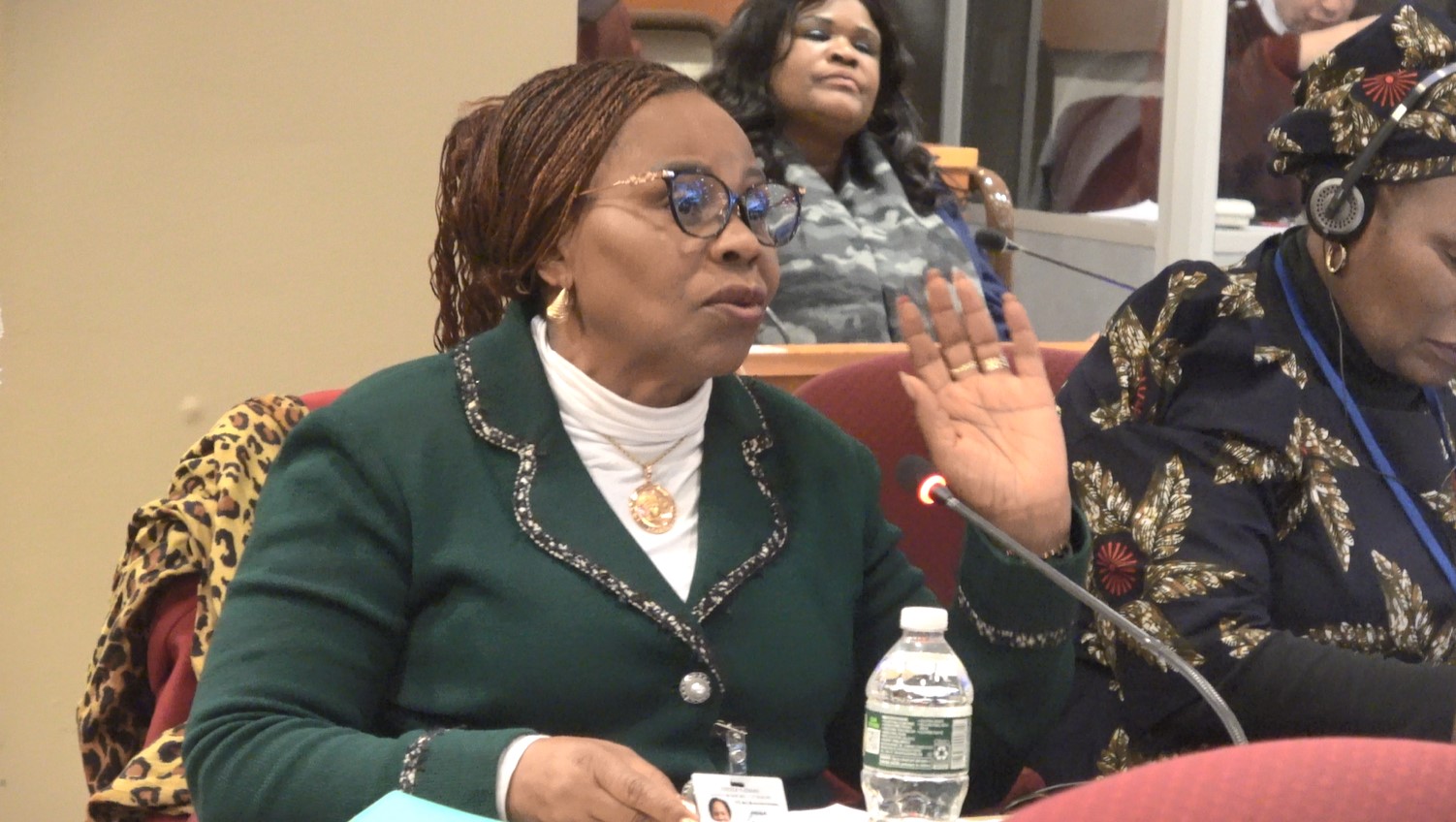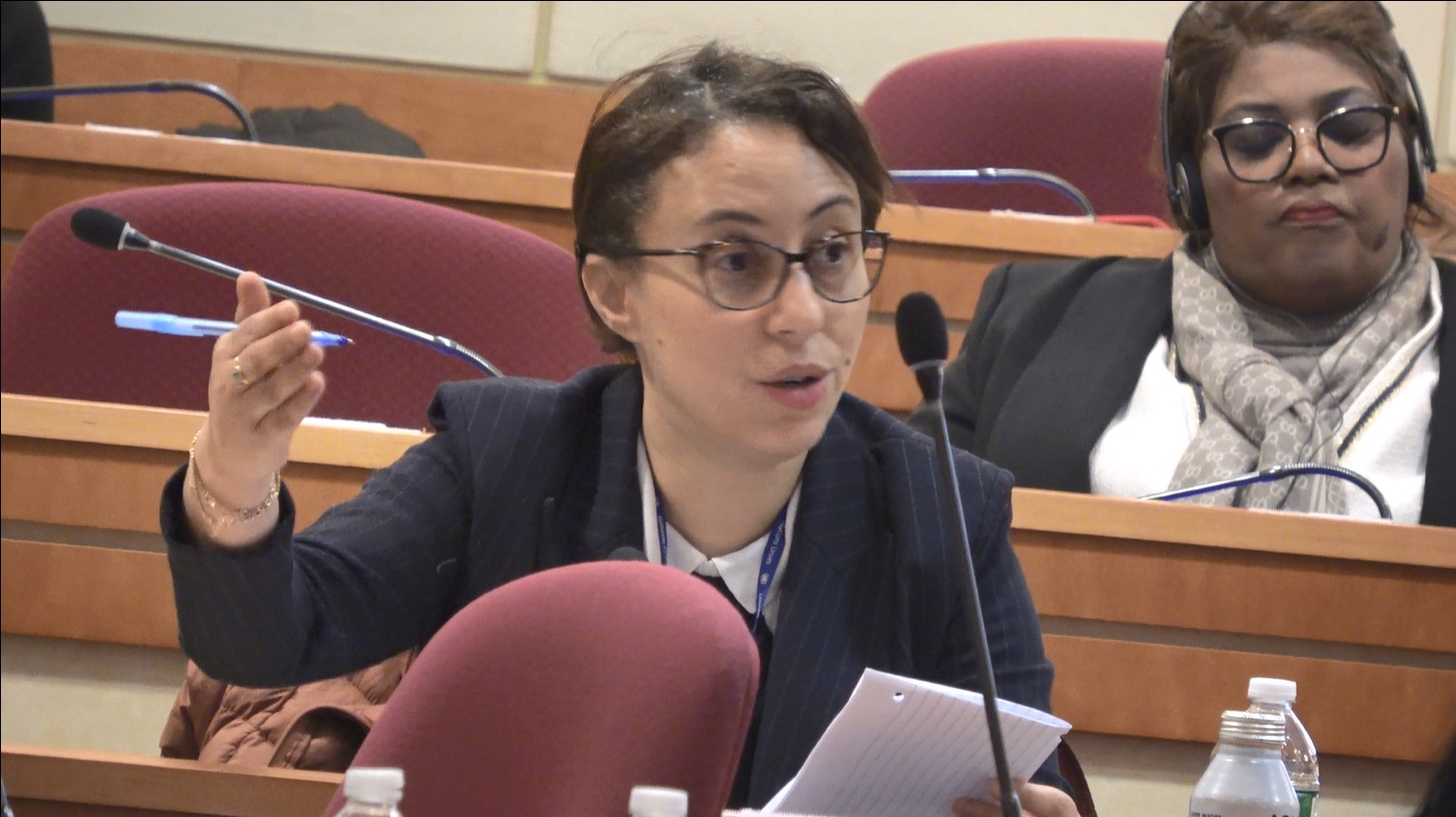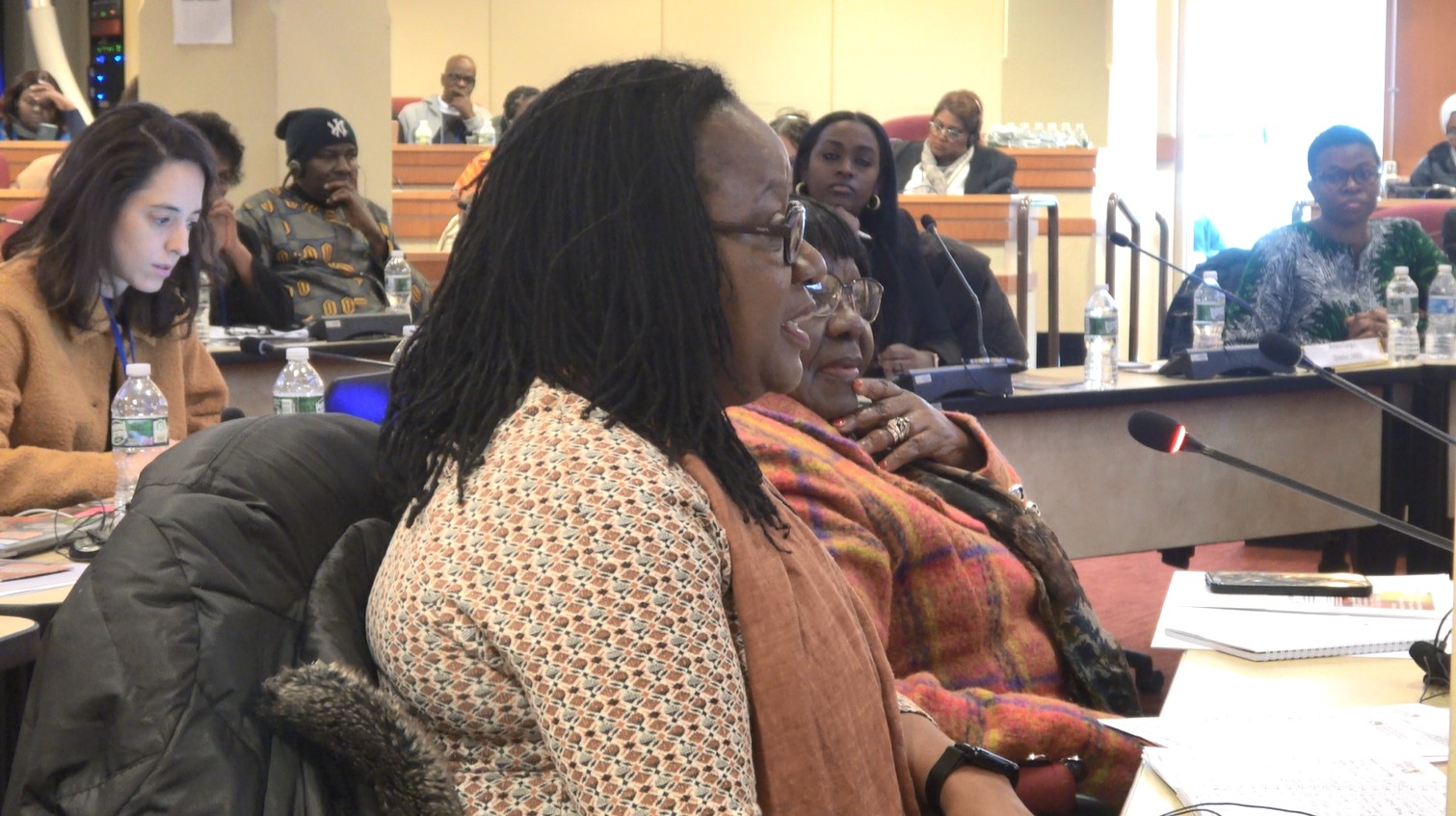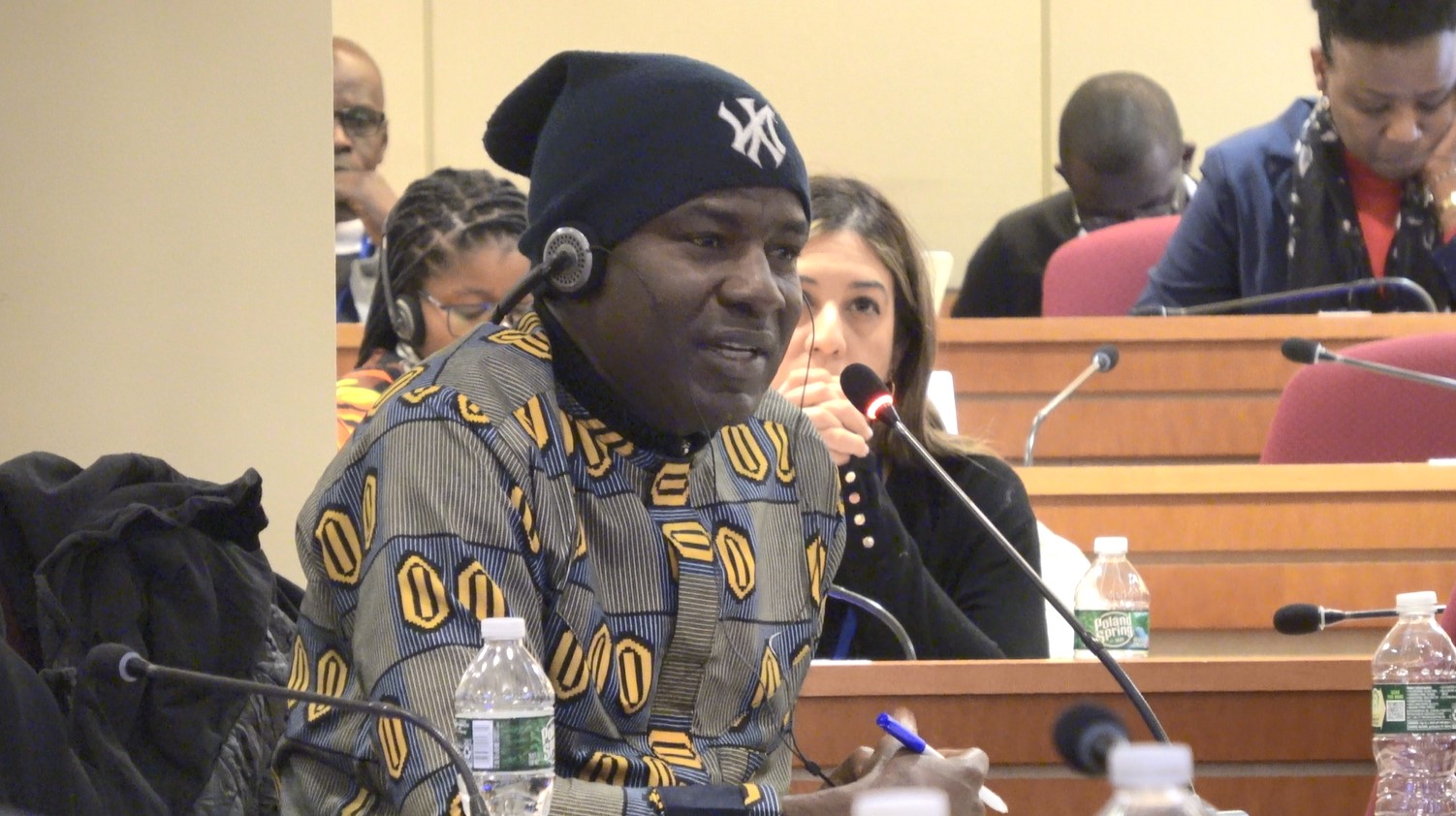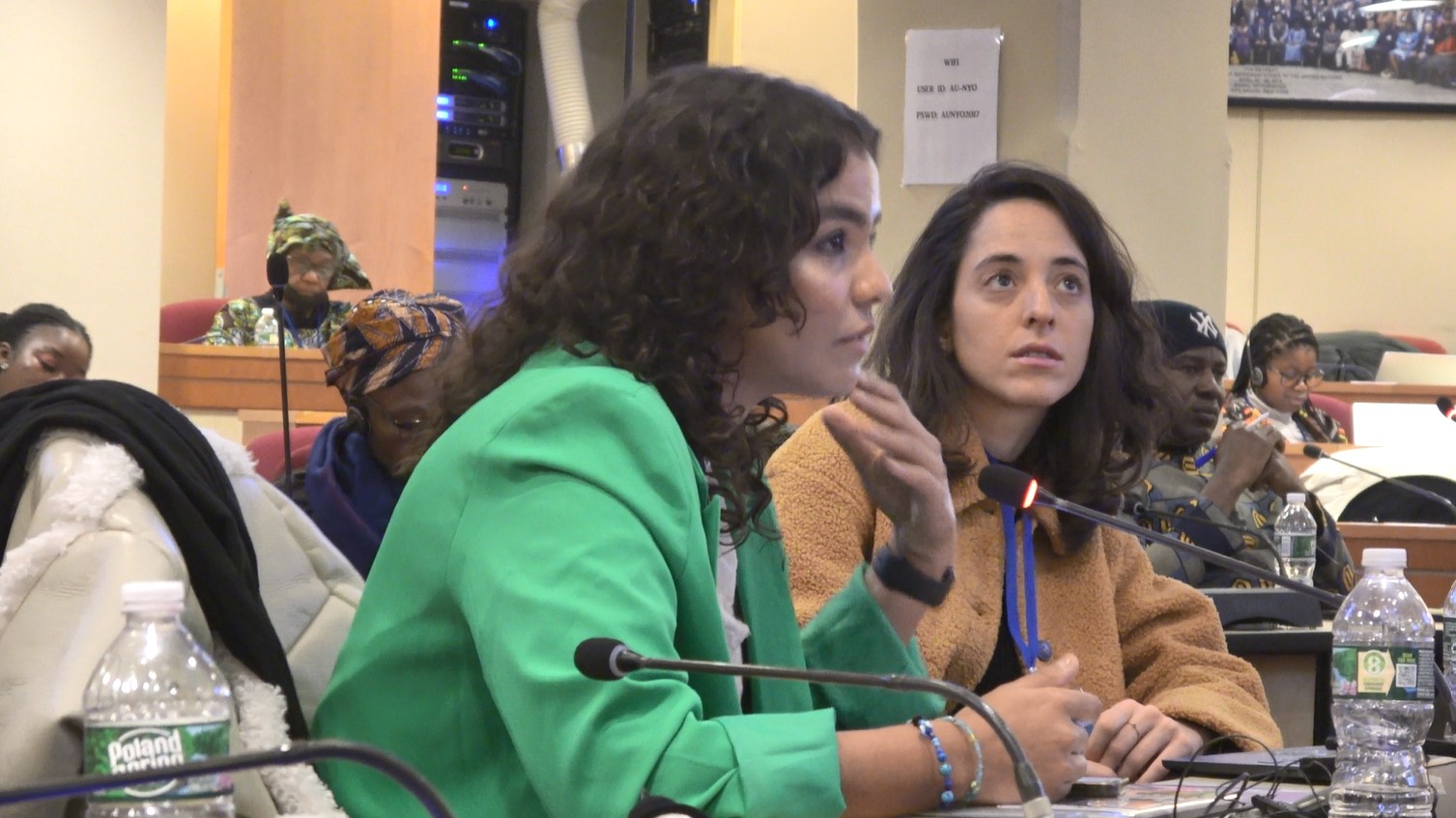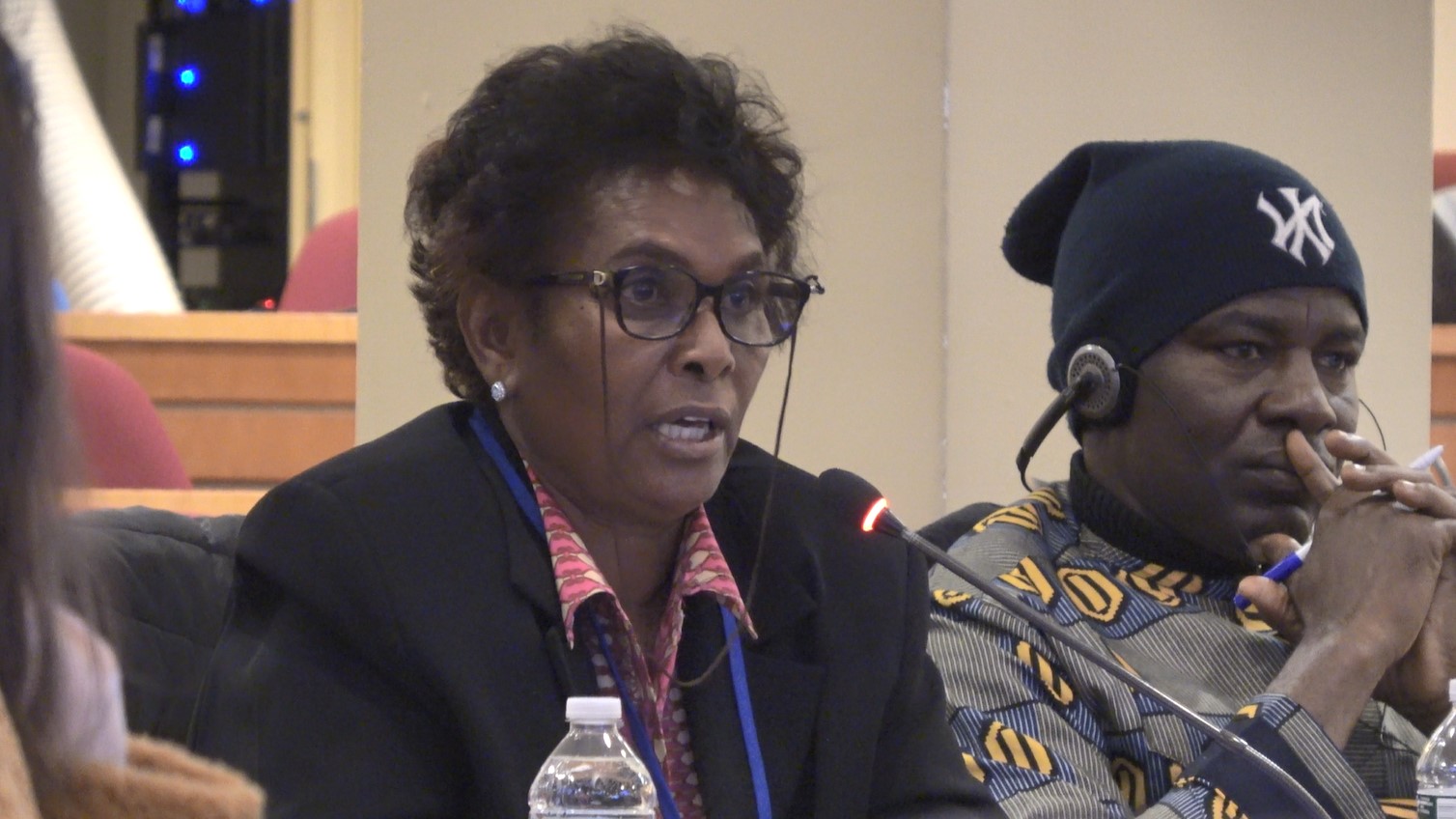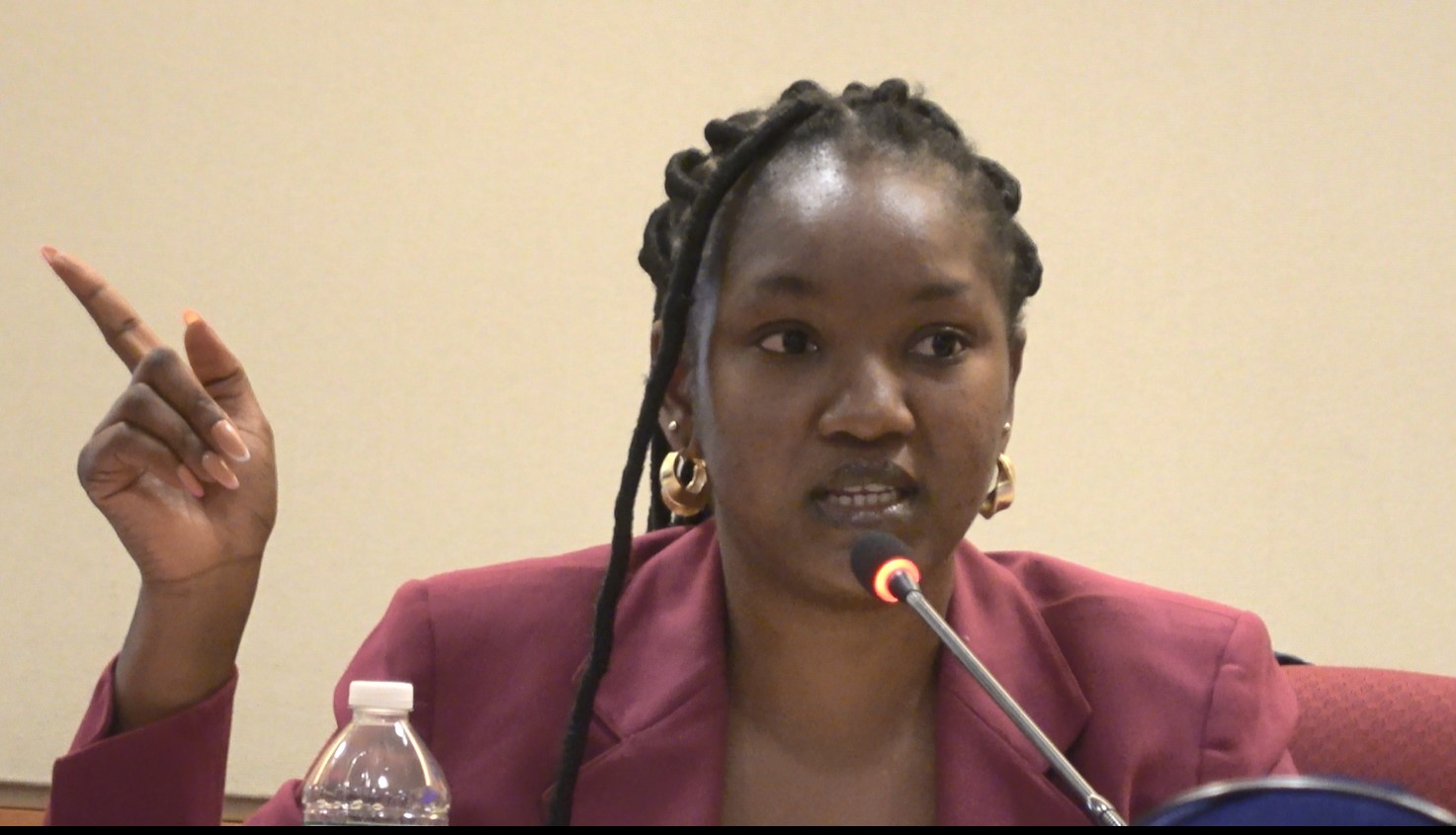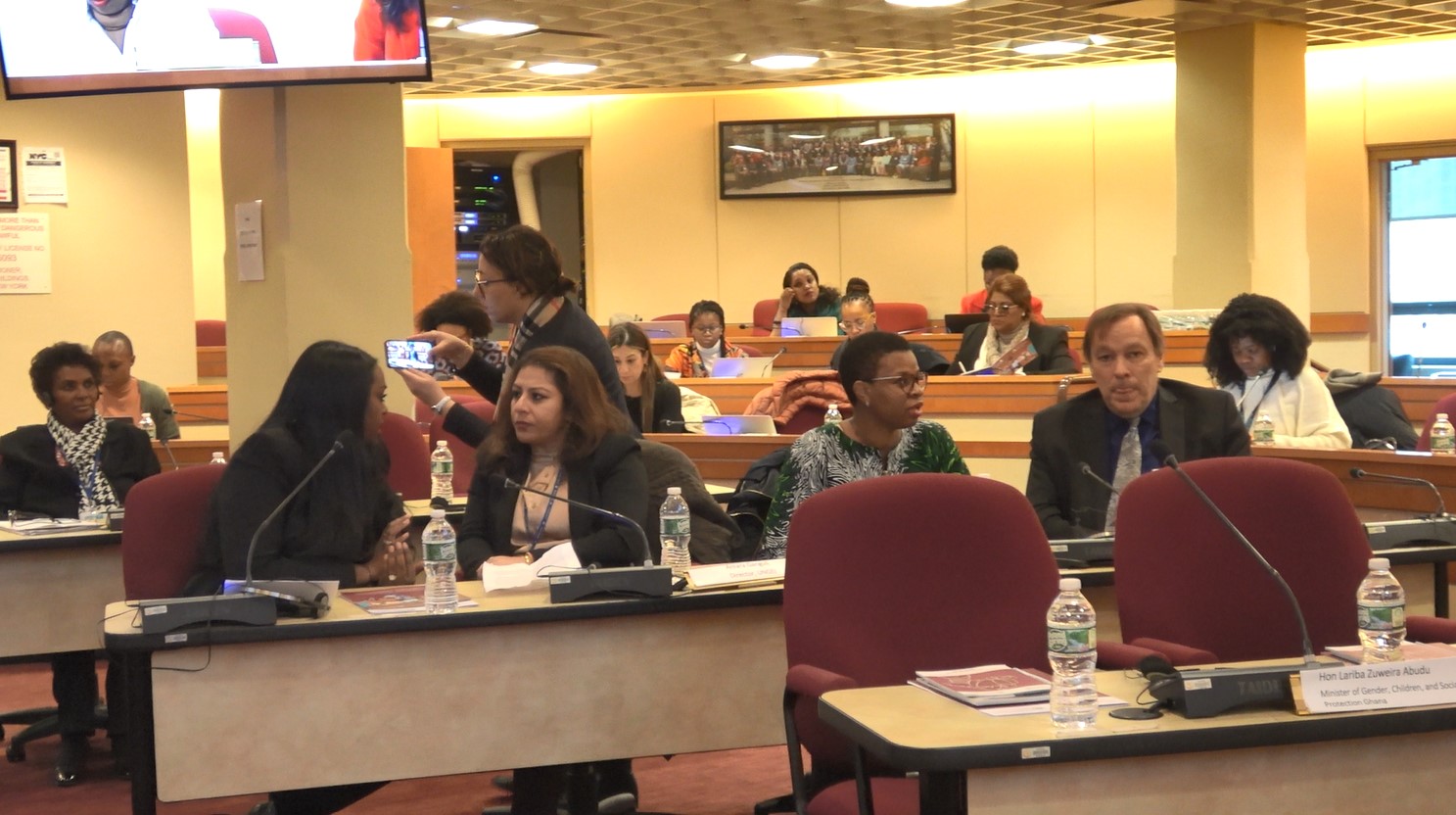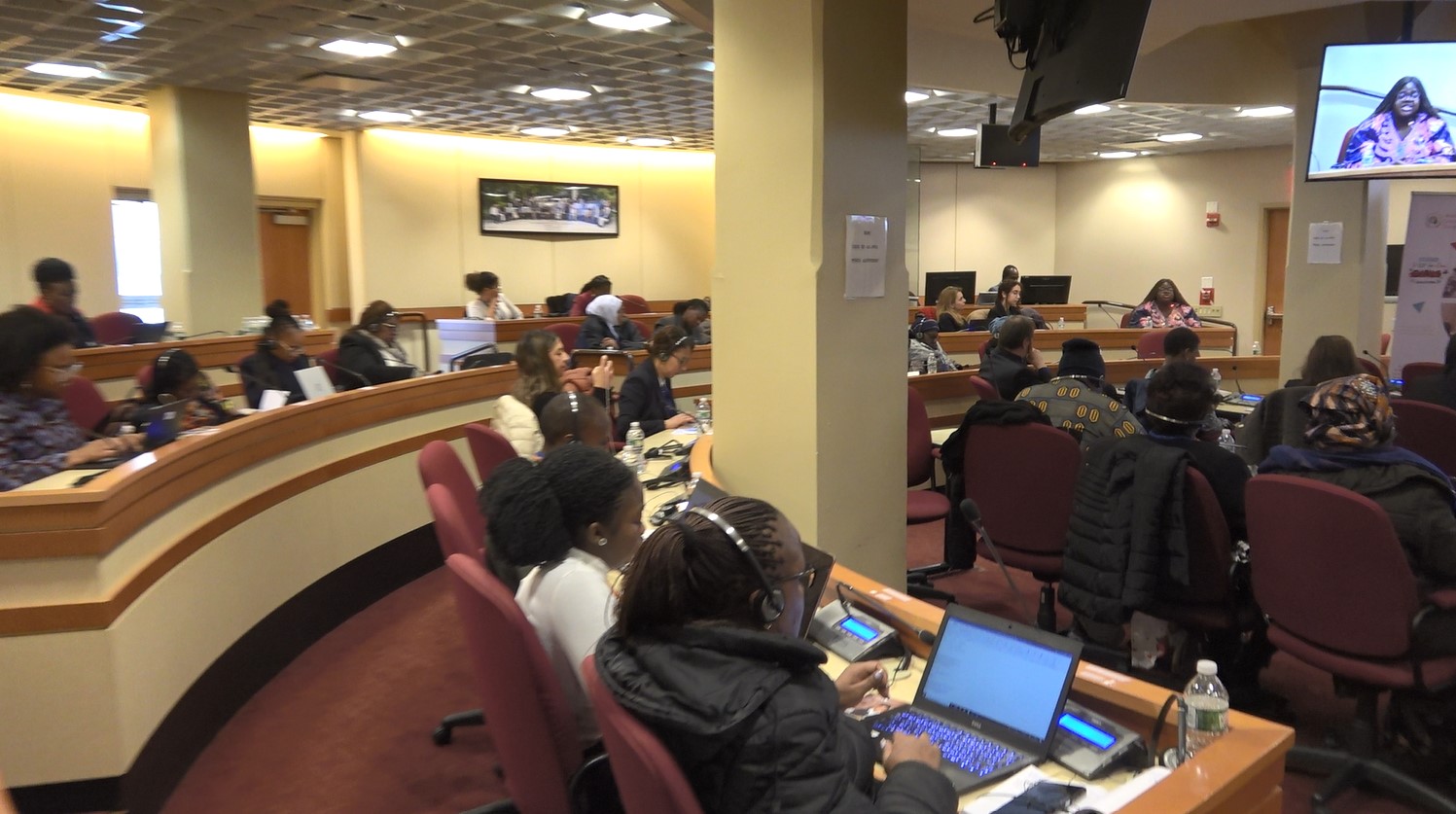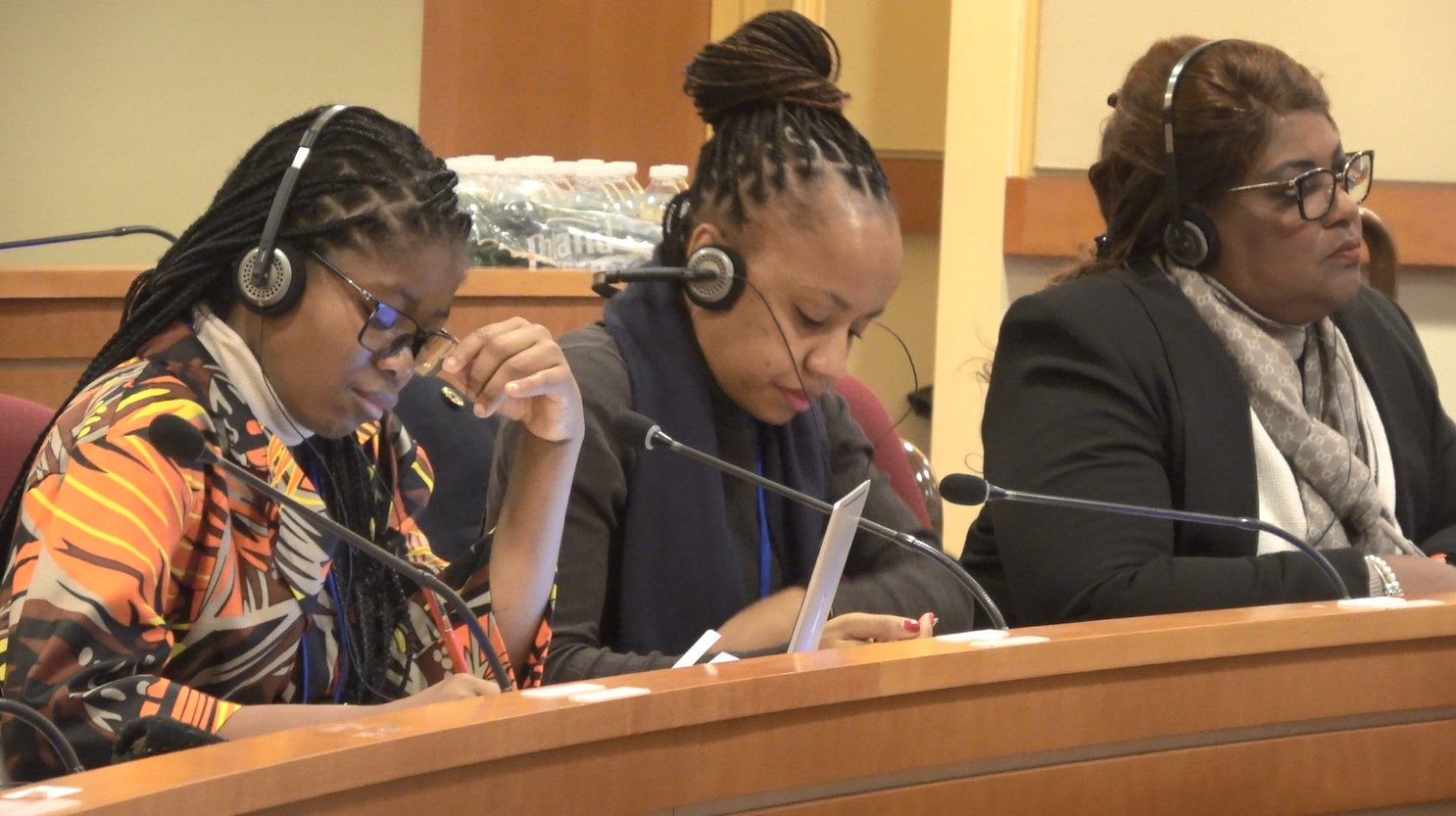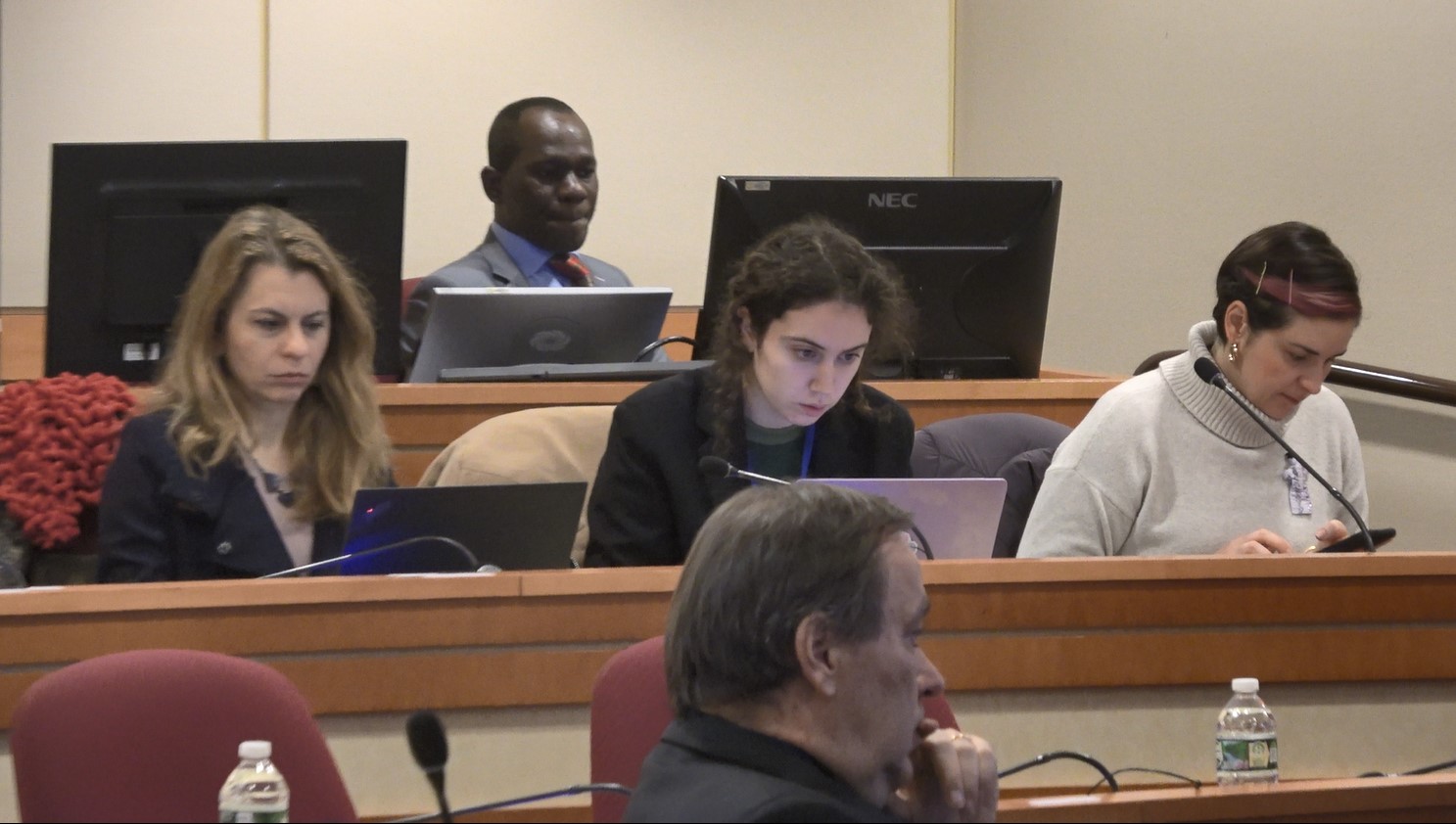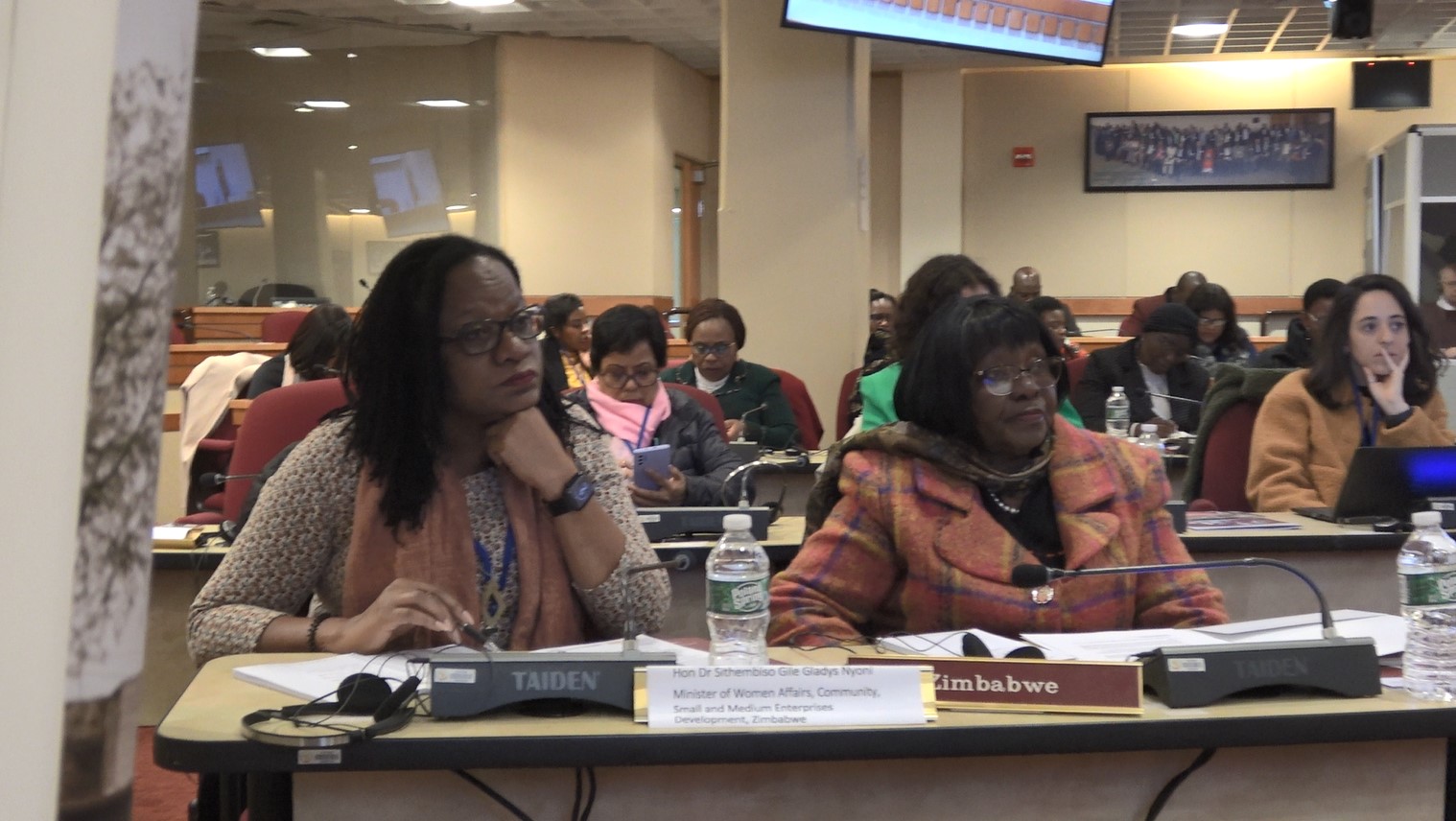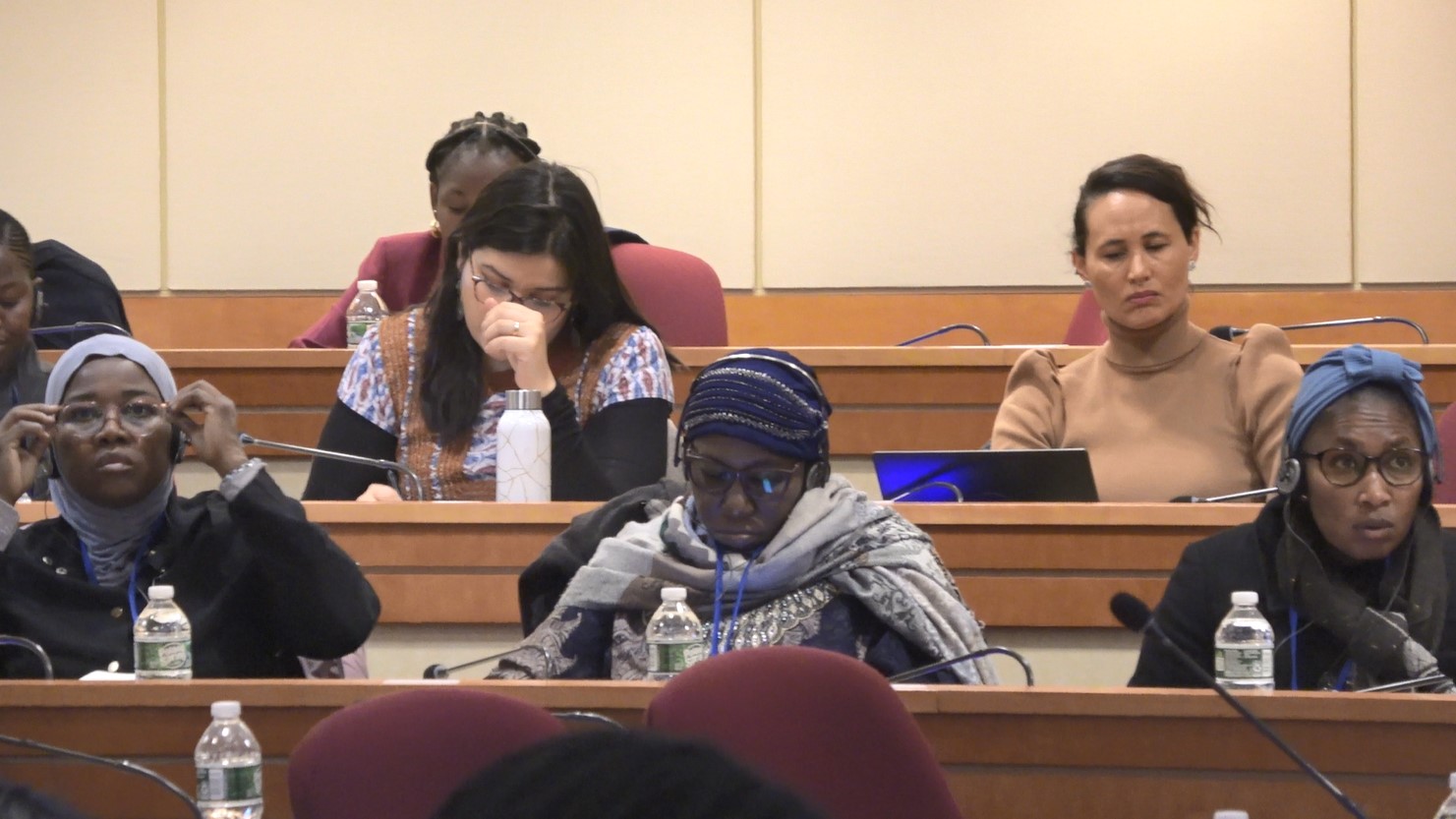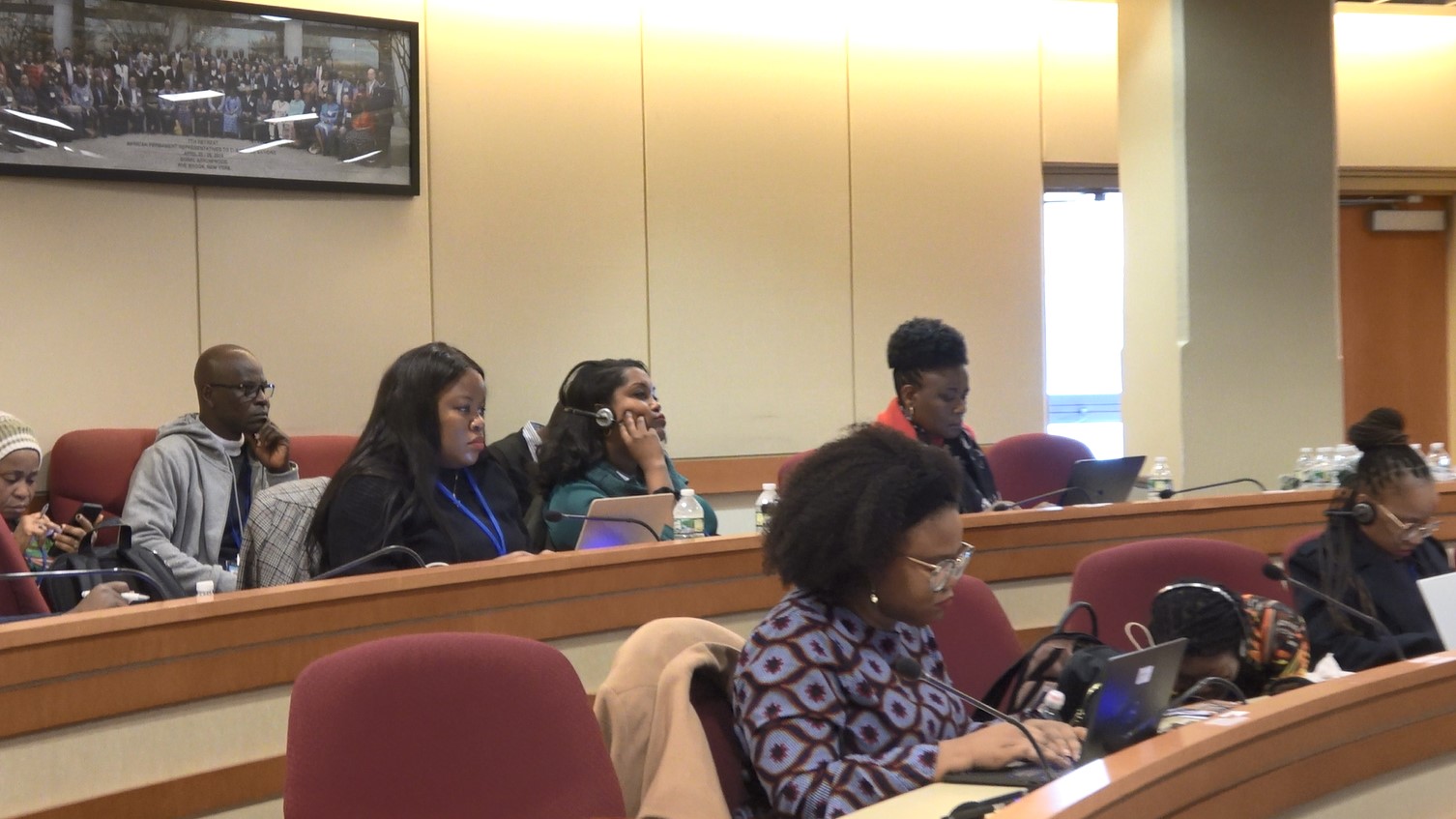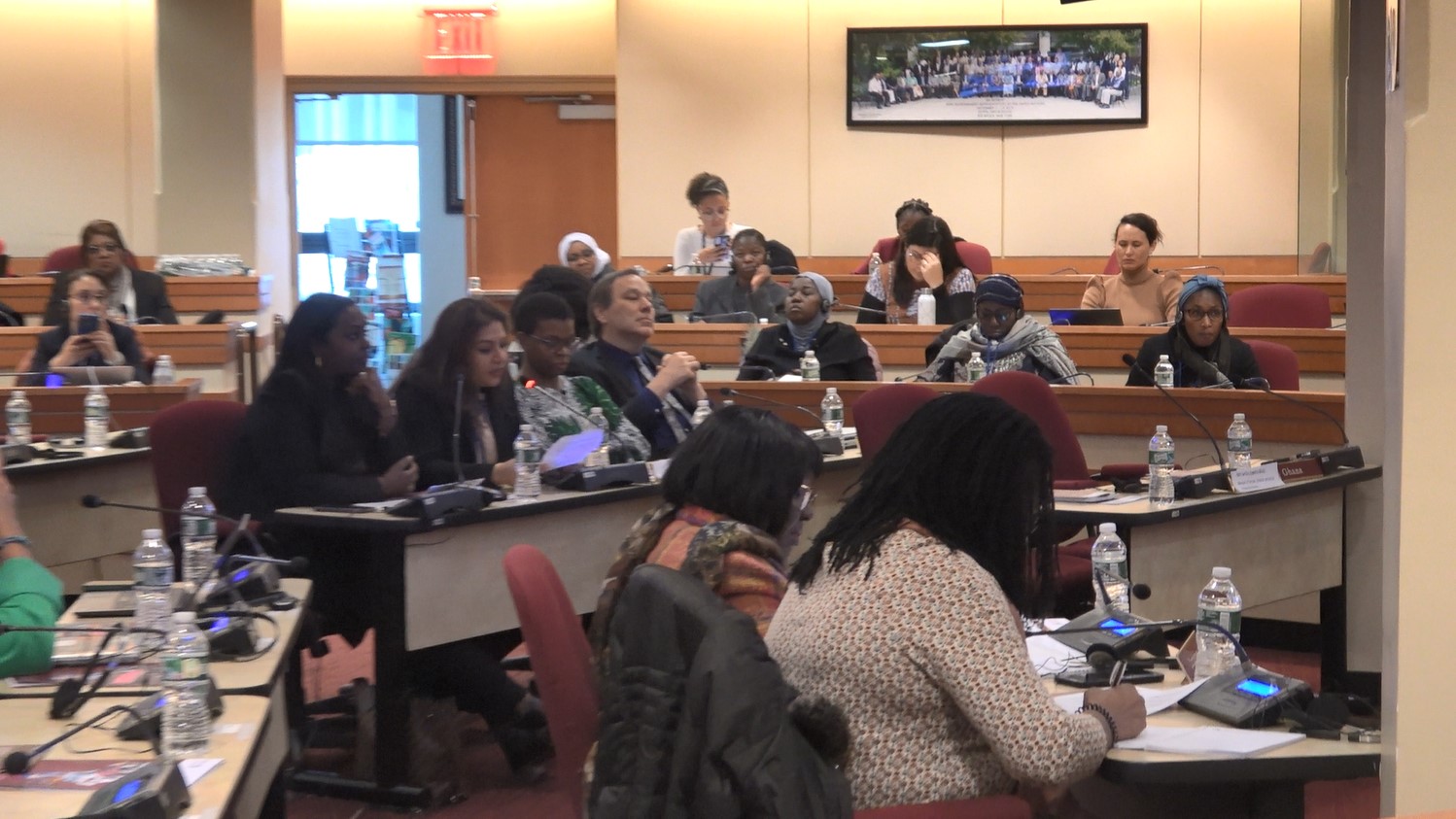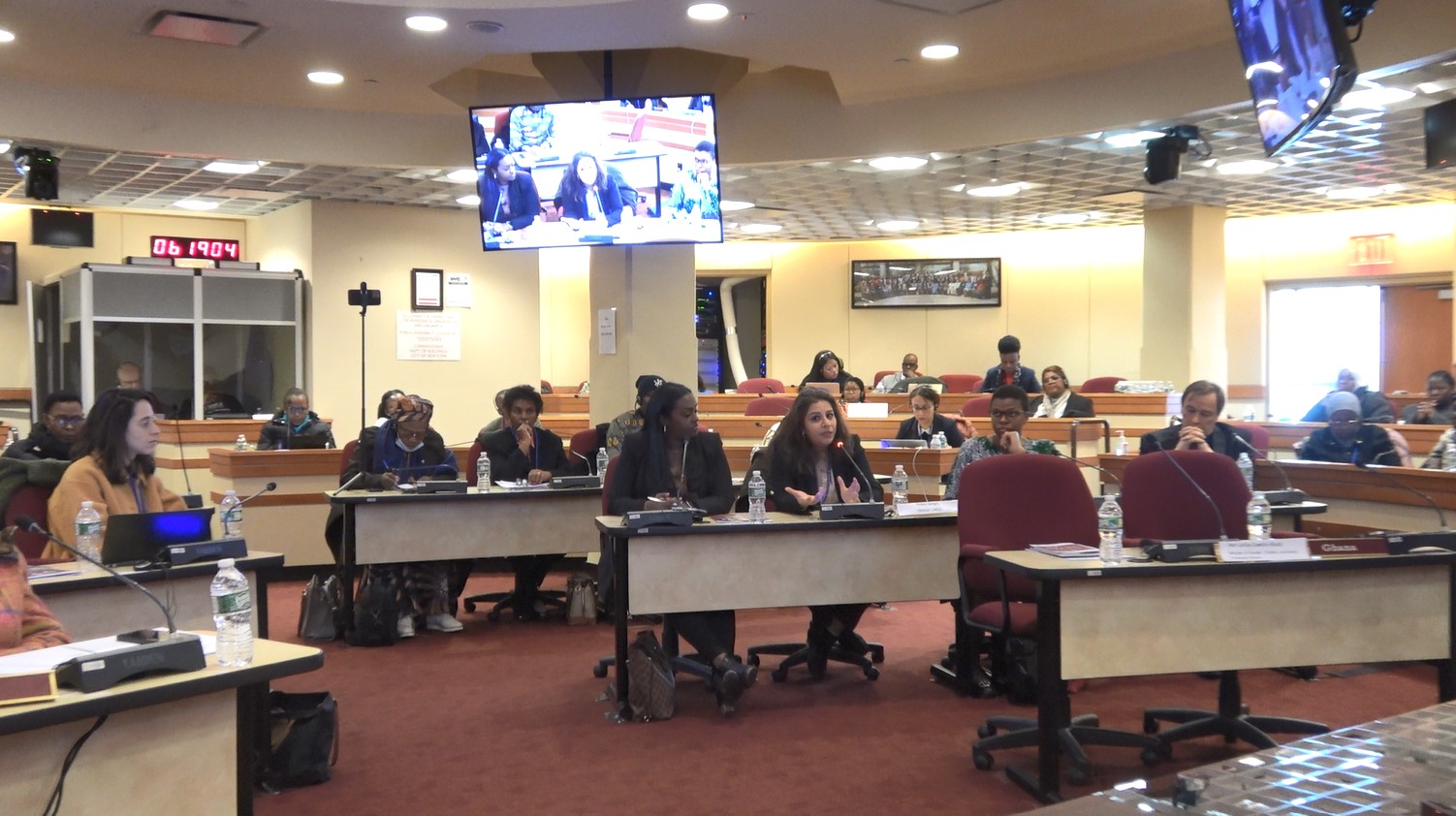Editor's note: On March 9th, during the 67th session of the Commission on the Status of Women held by UN Women, the Permanent Observer Mission of the African Union to the United Nations held a side event.
The African Union CIEFFA, CARE International, and the UN Girls’ Education Initiative (UNGEI) are organizing this session on the sidelines of CSW67, which was bring together policy makers, experts, donors, youth and civil society actors at the intersections of gender and education to discuss best practices, challenges and recommendations for providing holistic gender transformative education for all. The discussion was specifically looked at evidence of what works in promoting gender transformative education and what types of policies, actions and resources (including digital resources) are needed from governments, donors, civil society, young activists and other stakeholders in order to implement approaches that demonstrate impact on advancing gender transformative education and accelerating girls’ learning and retention on the African continent, particularly among the most marginalized, in all their diversity.
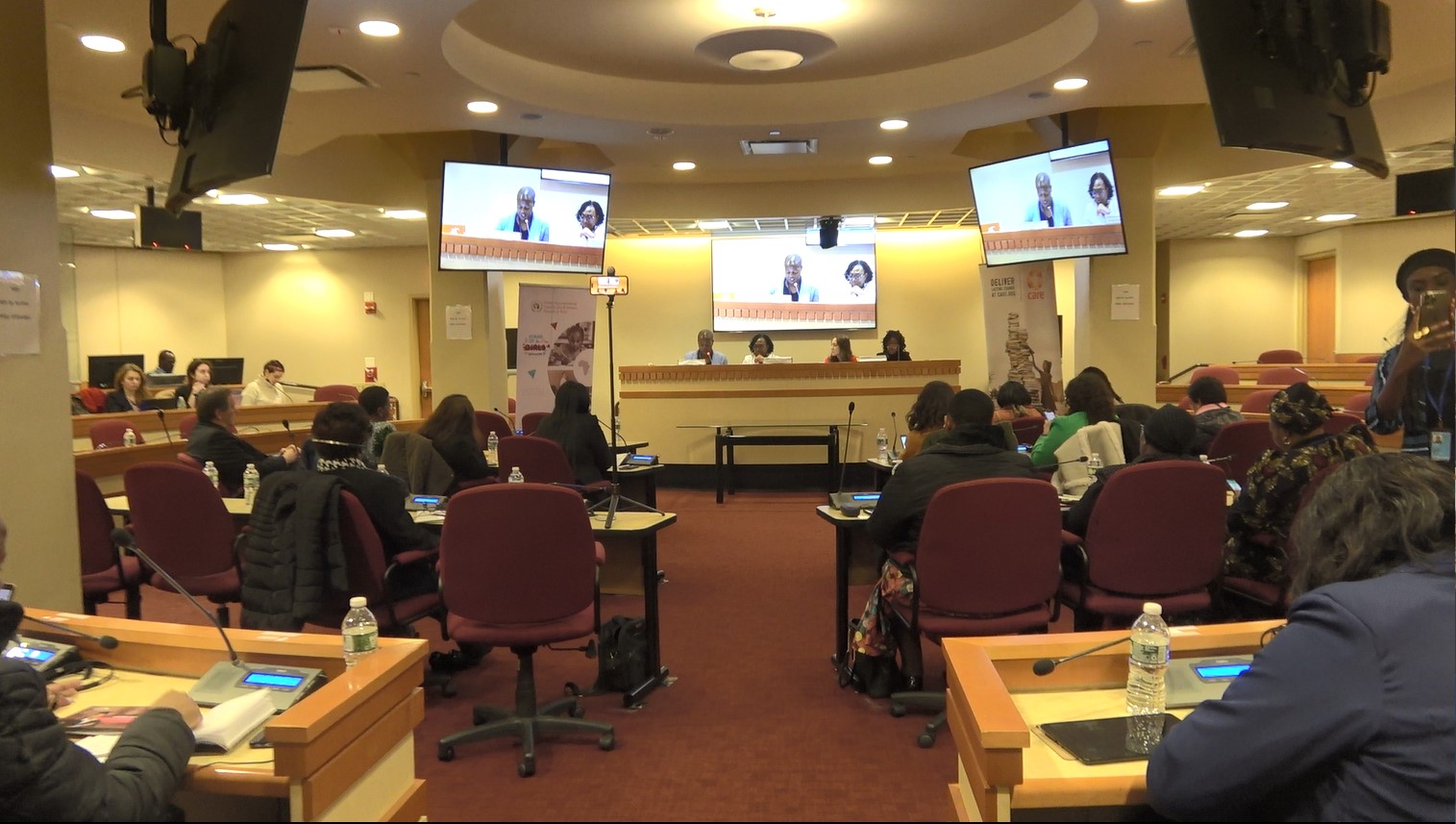
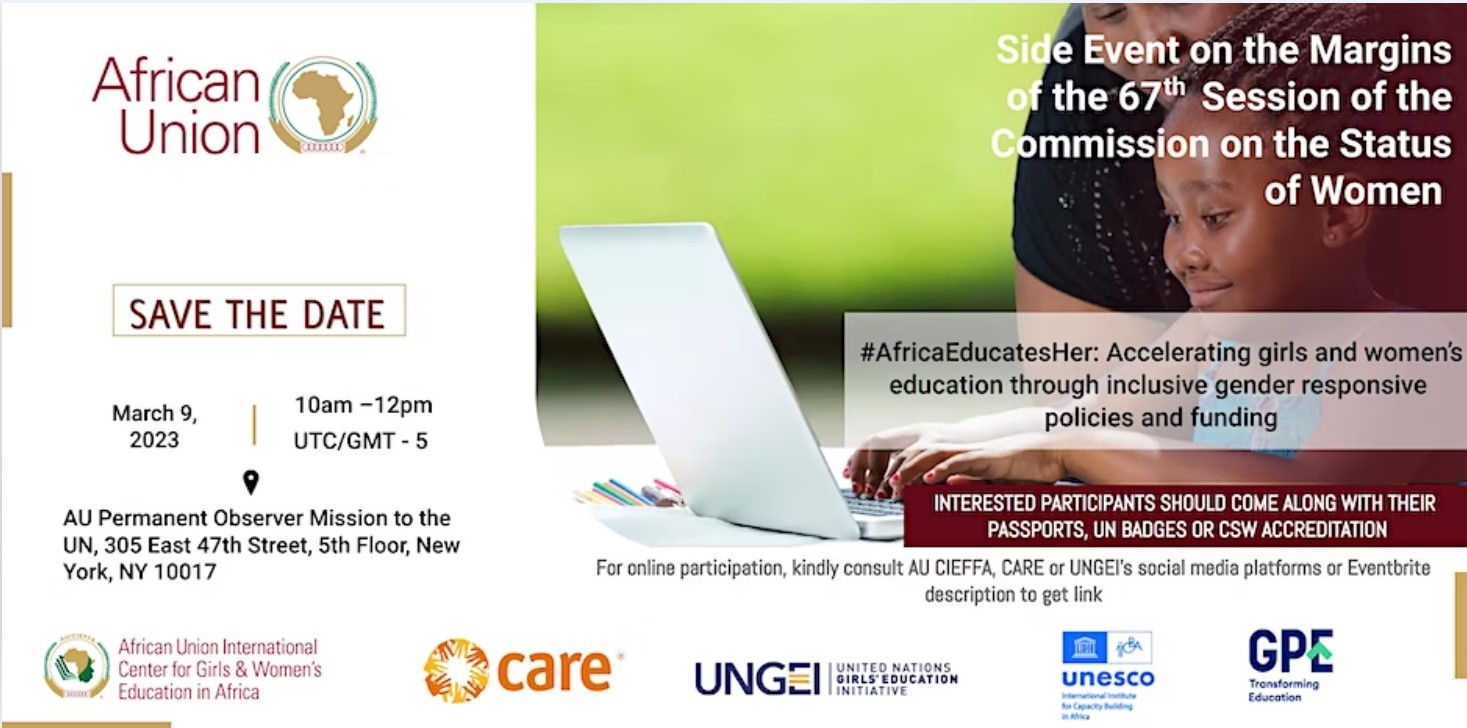
There is a growing pan-African movement towards gender equality and equity through quality education provision for marginalized communities, especially and including girls. While global statistics suggest primary educational access has reached gender parity, in many contexts, girls continue to face specific and unique barriers to education, including the increased gender digital gap.
